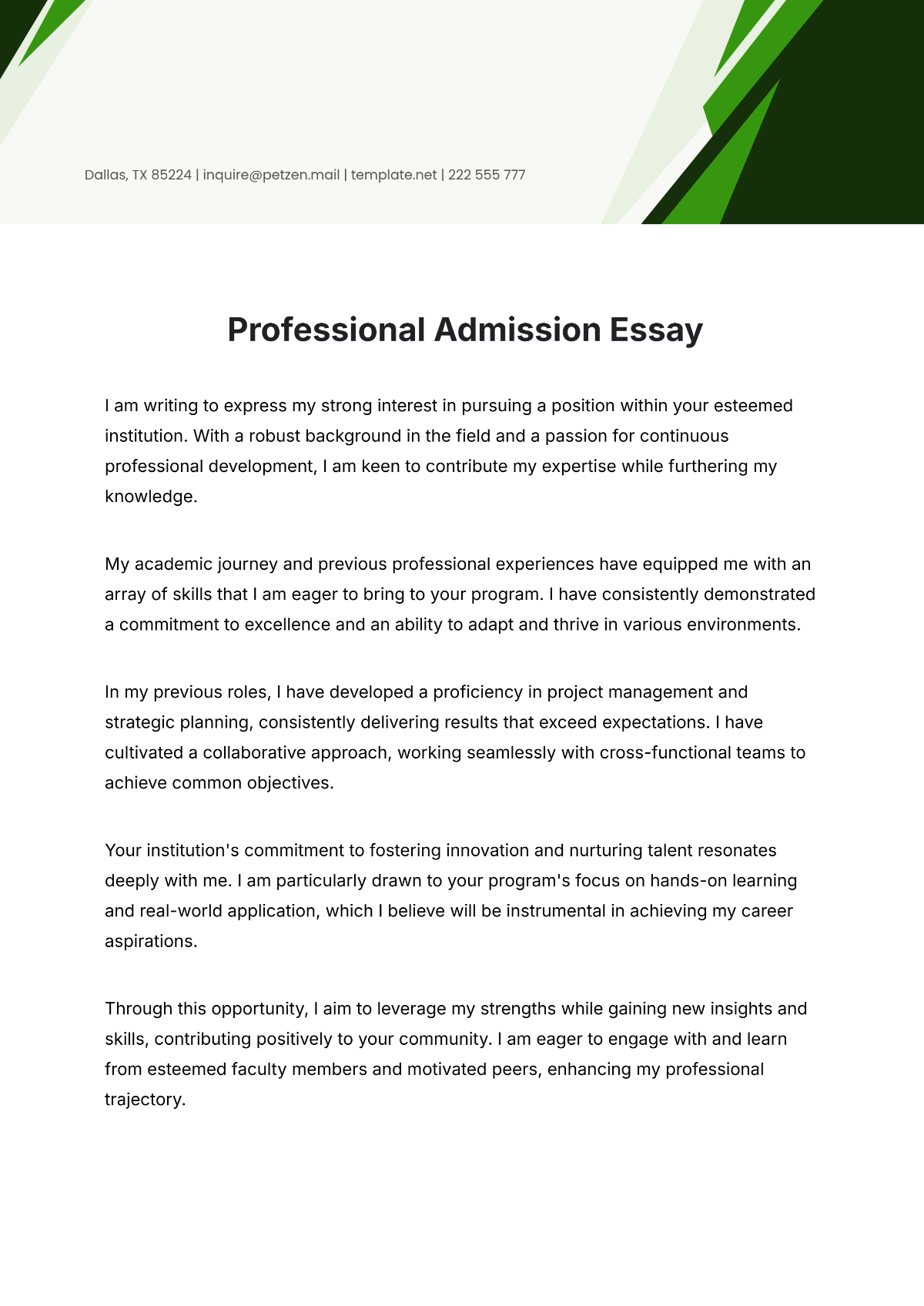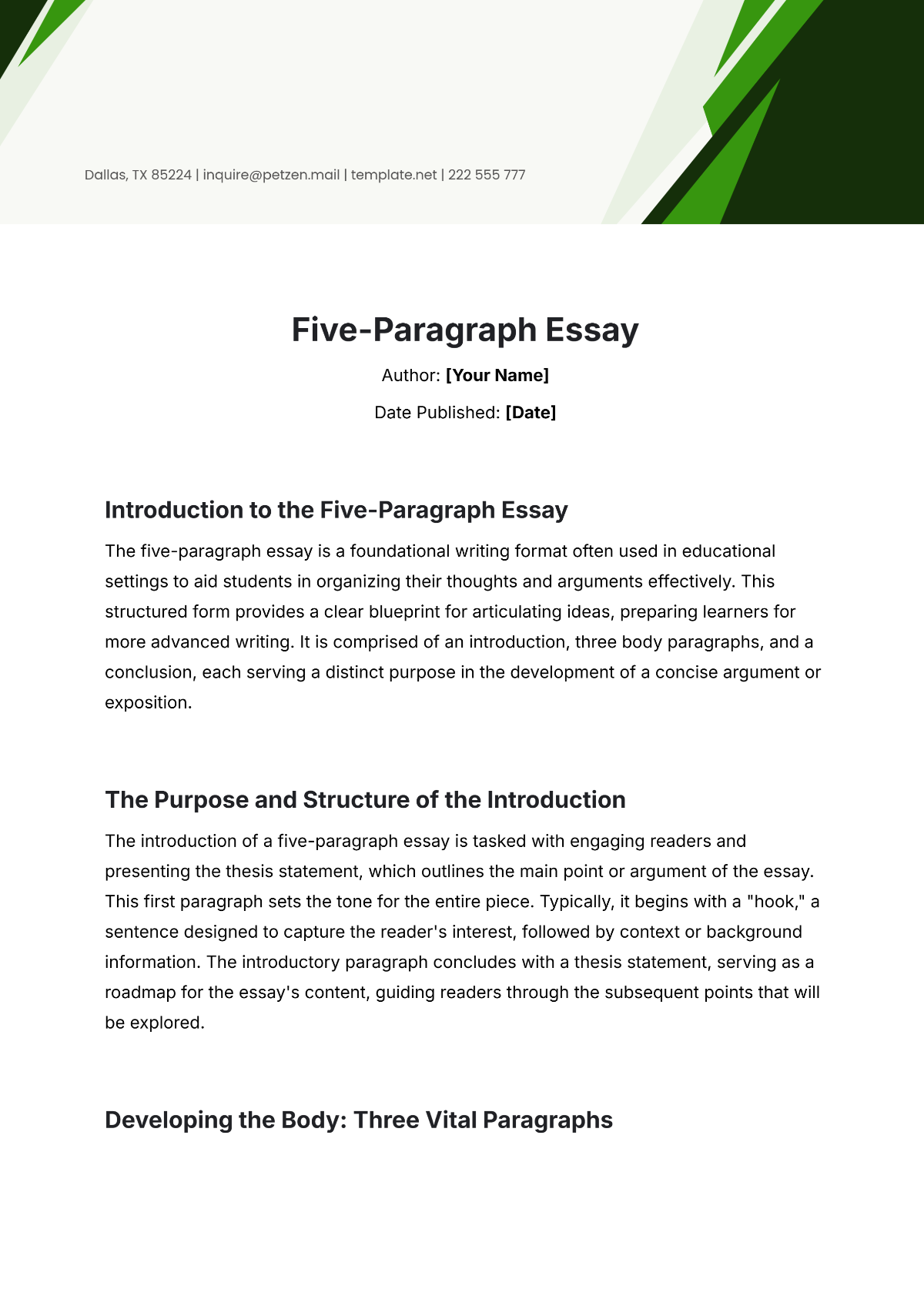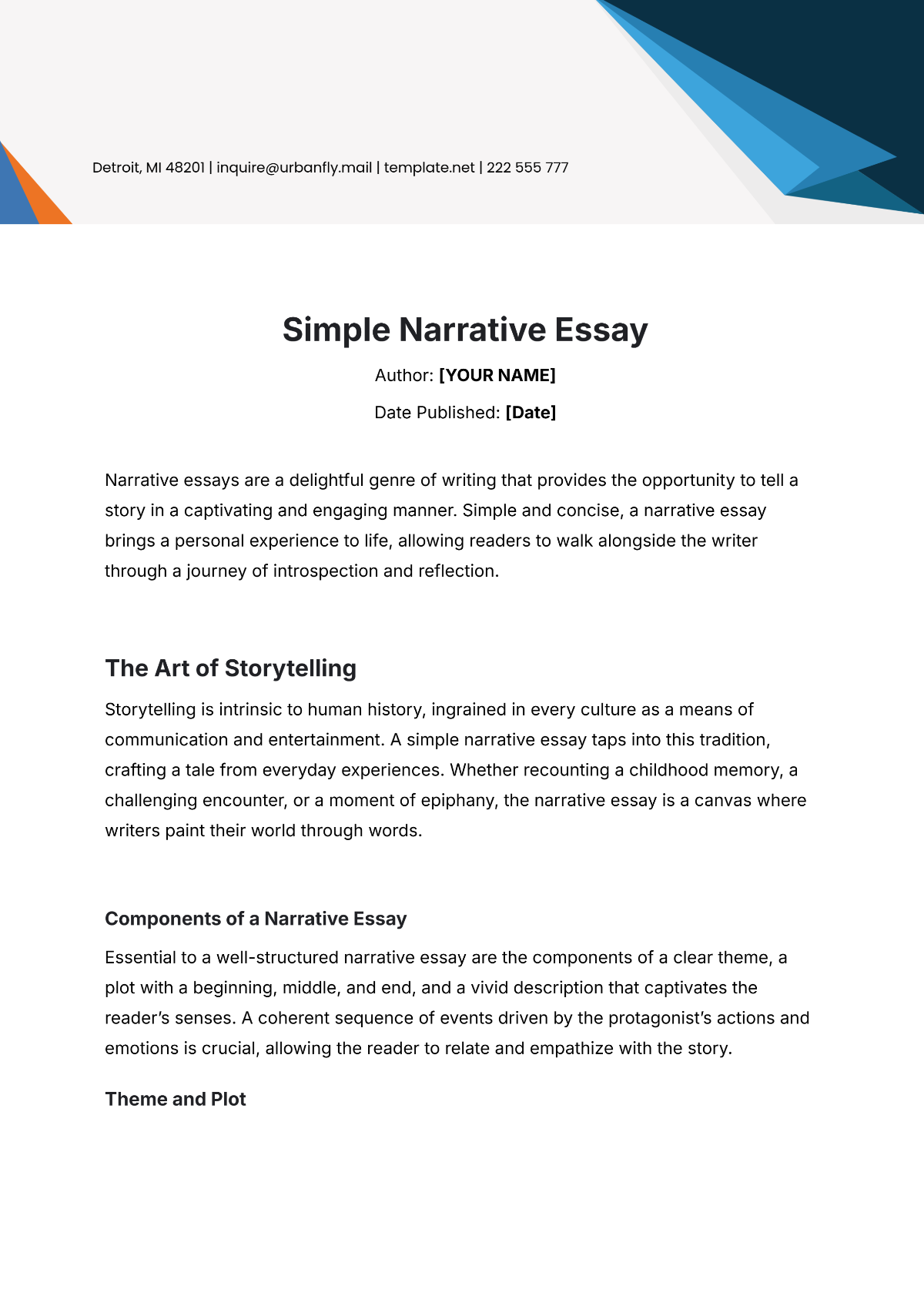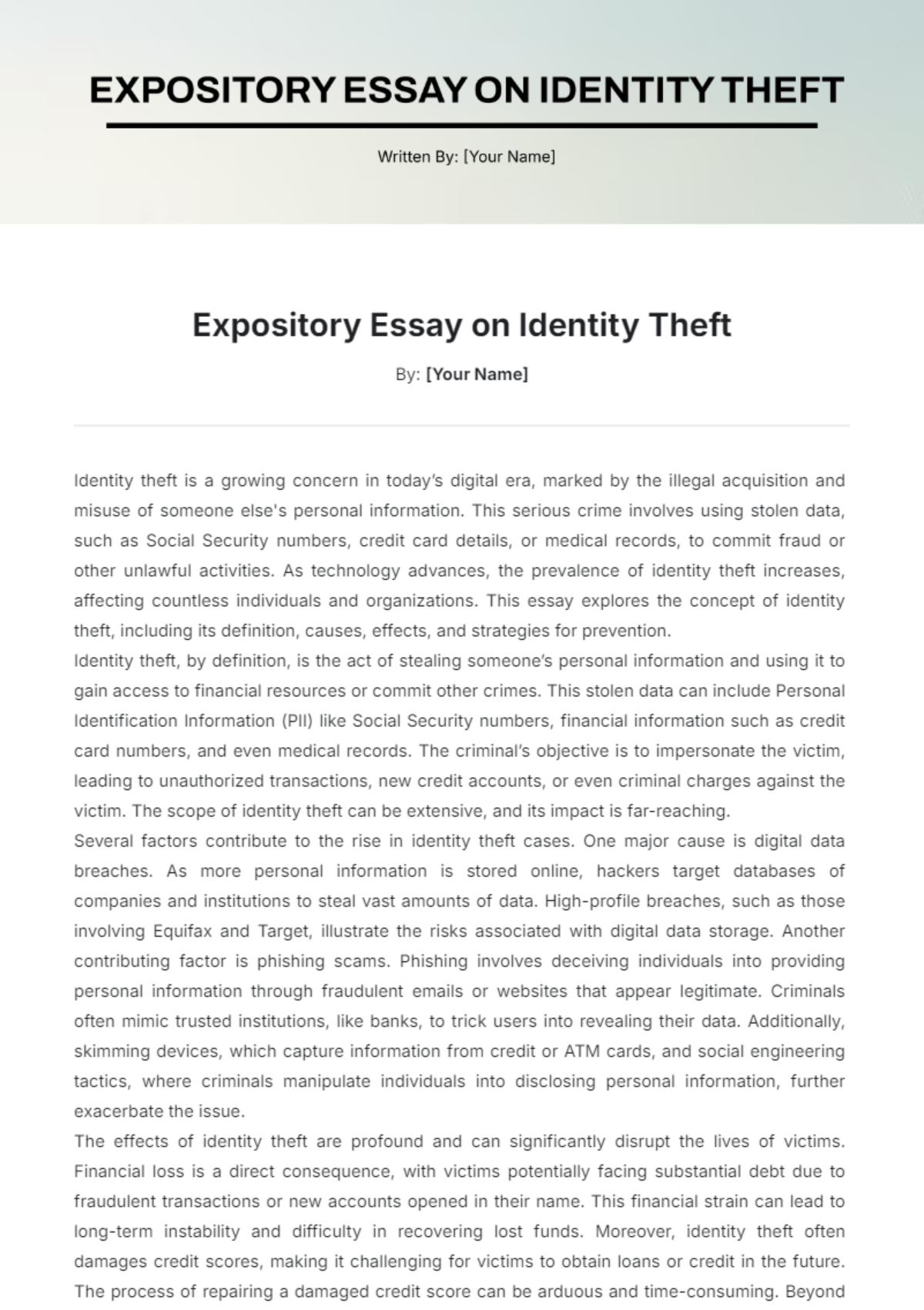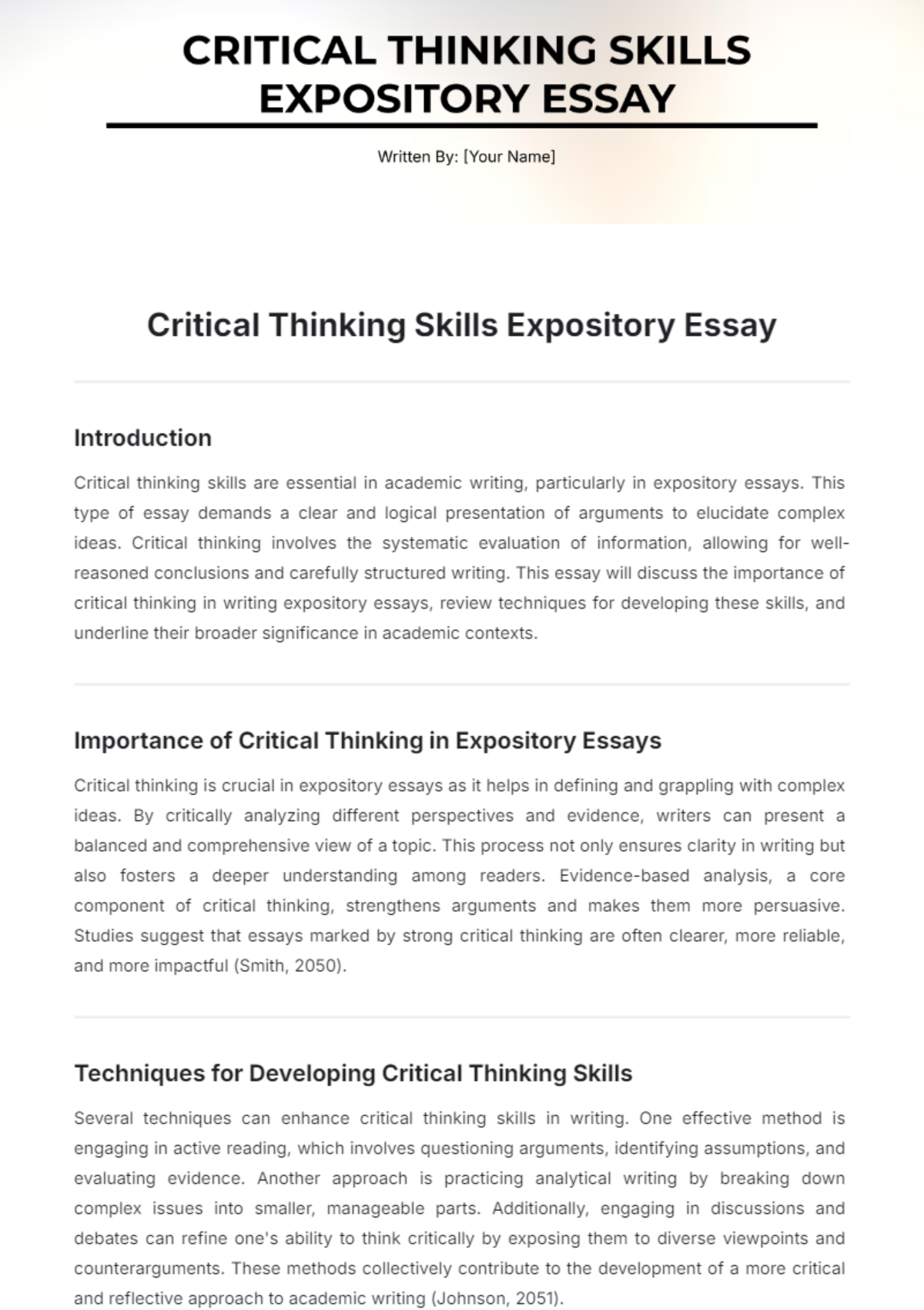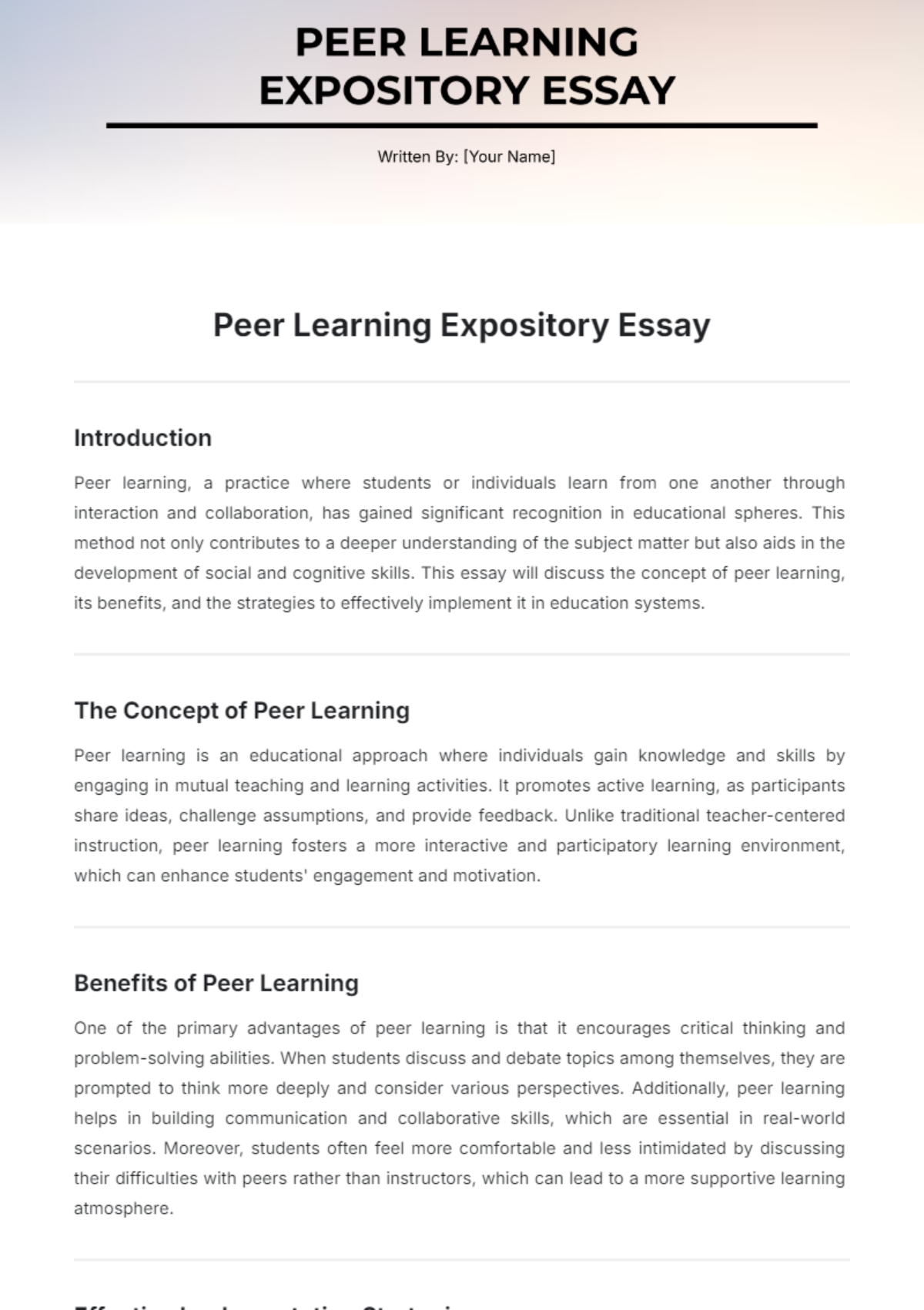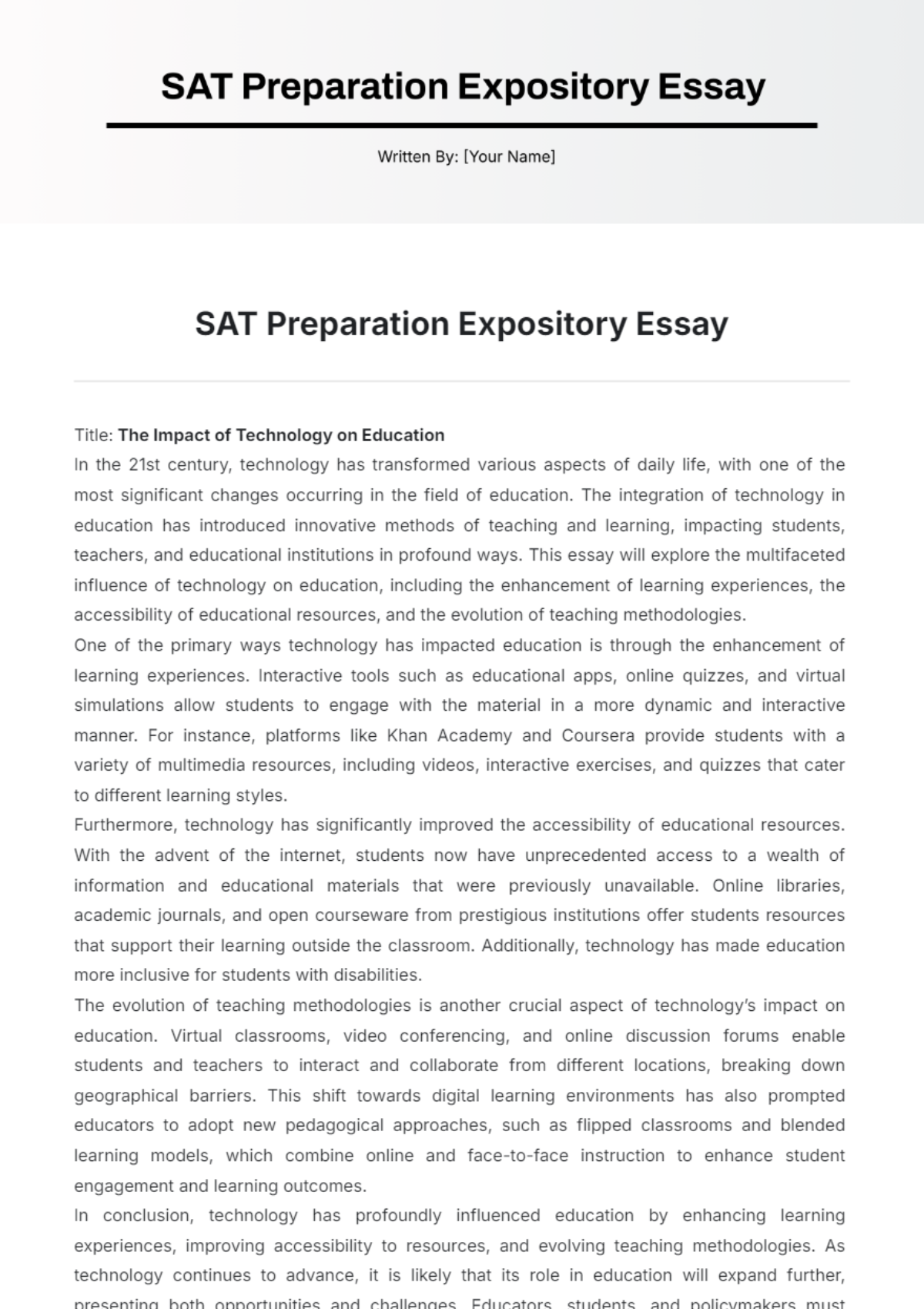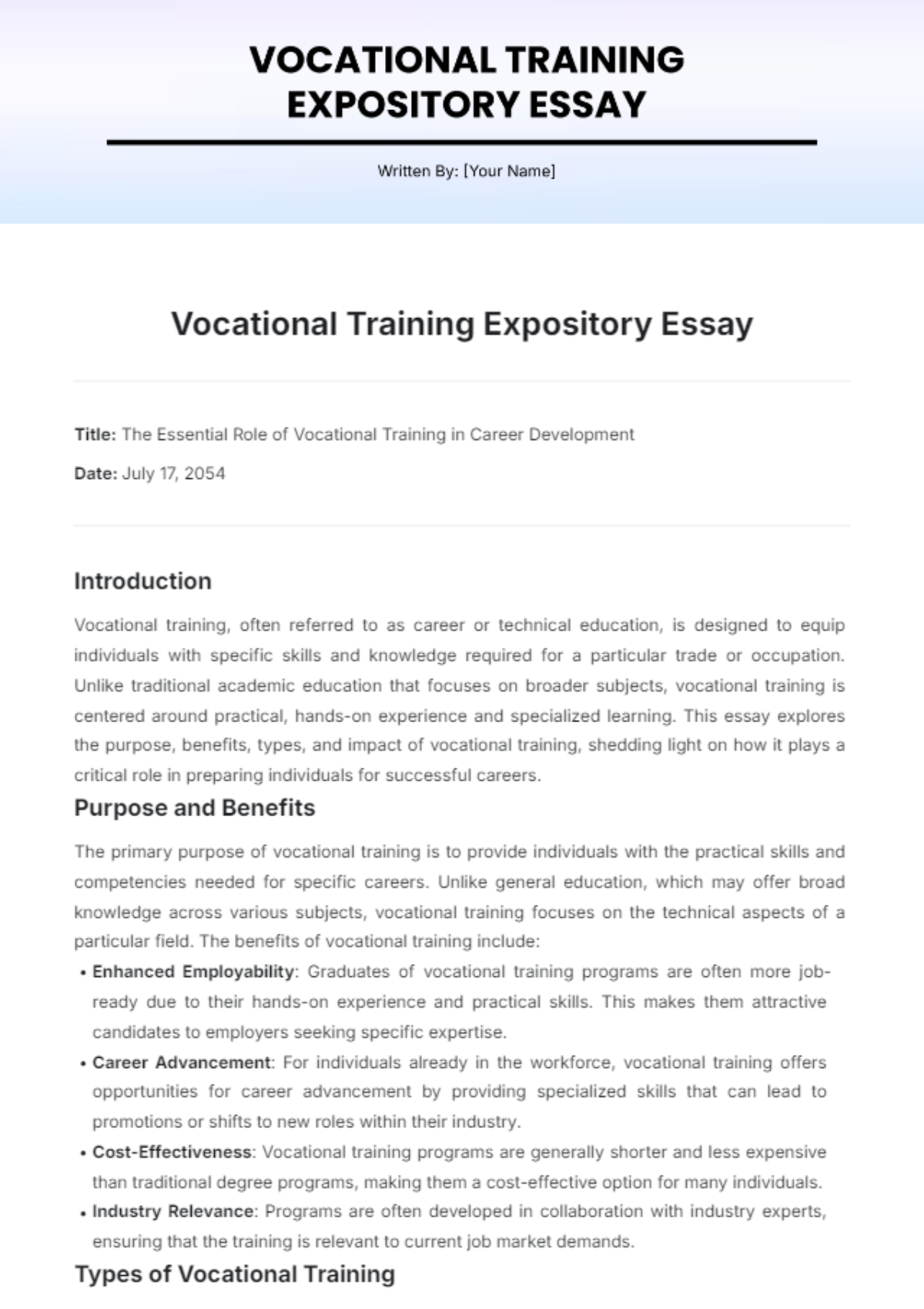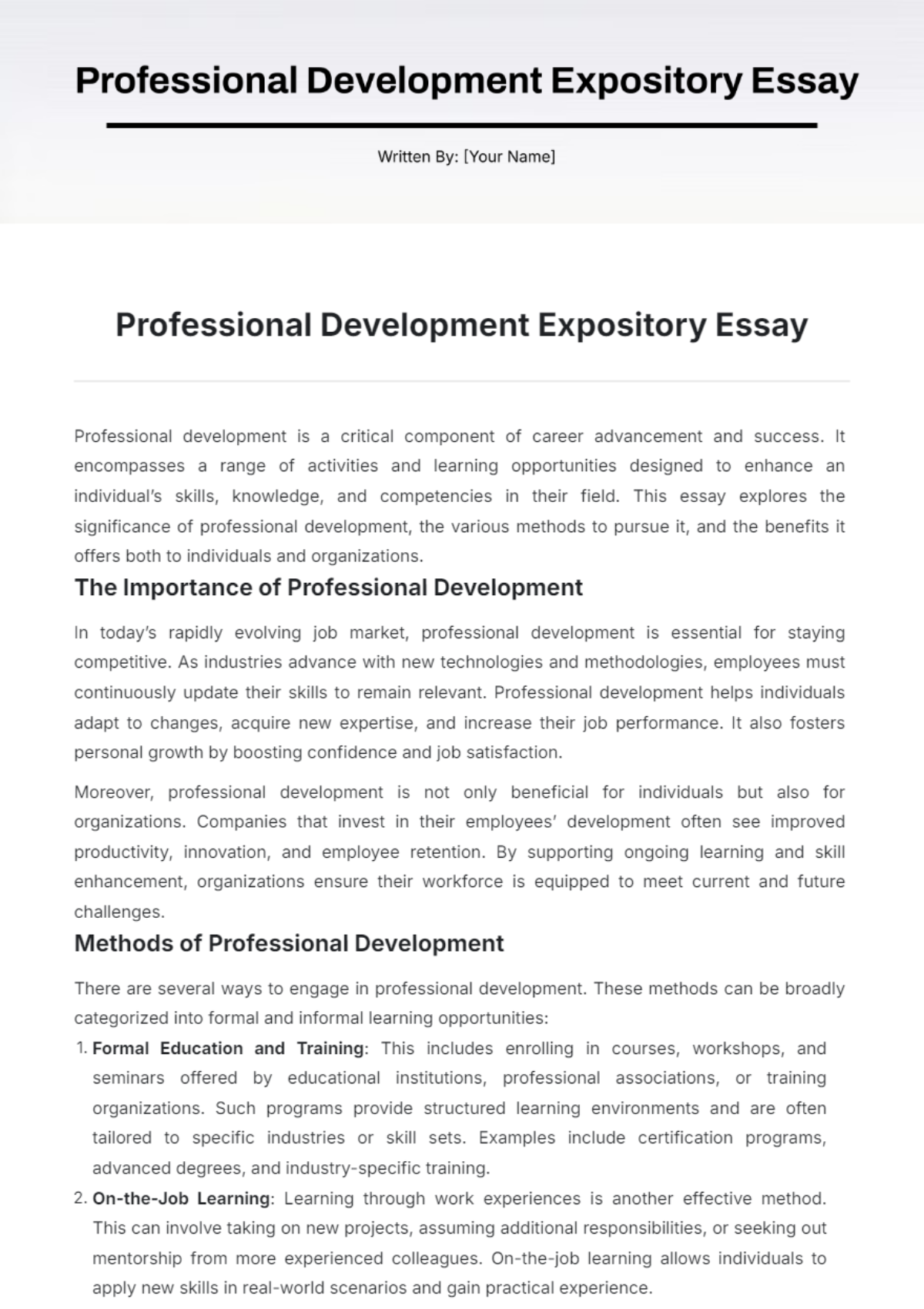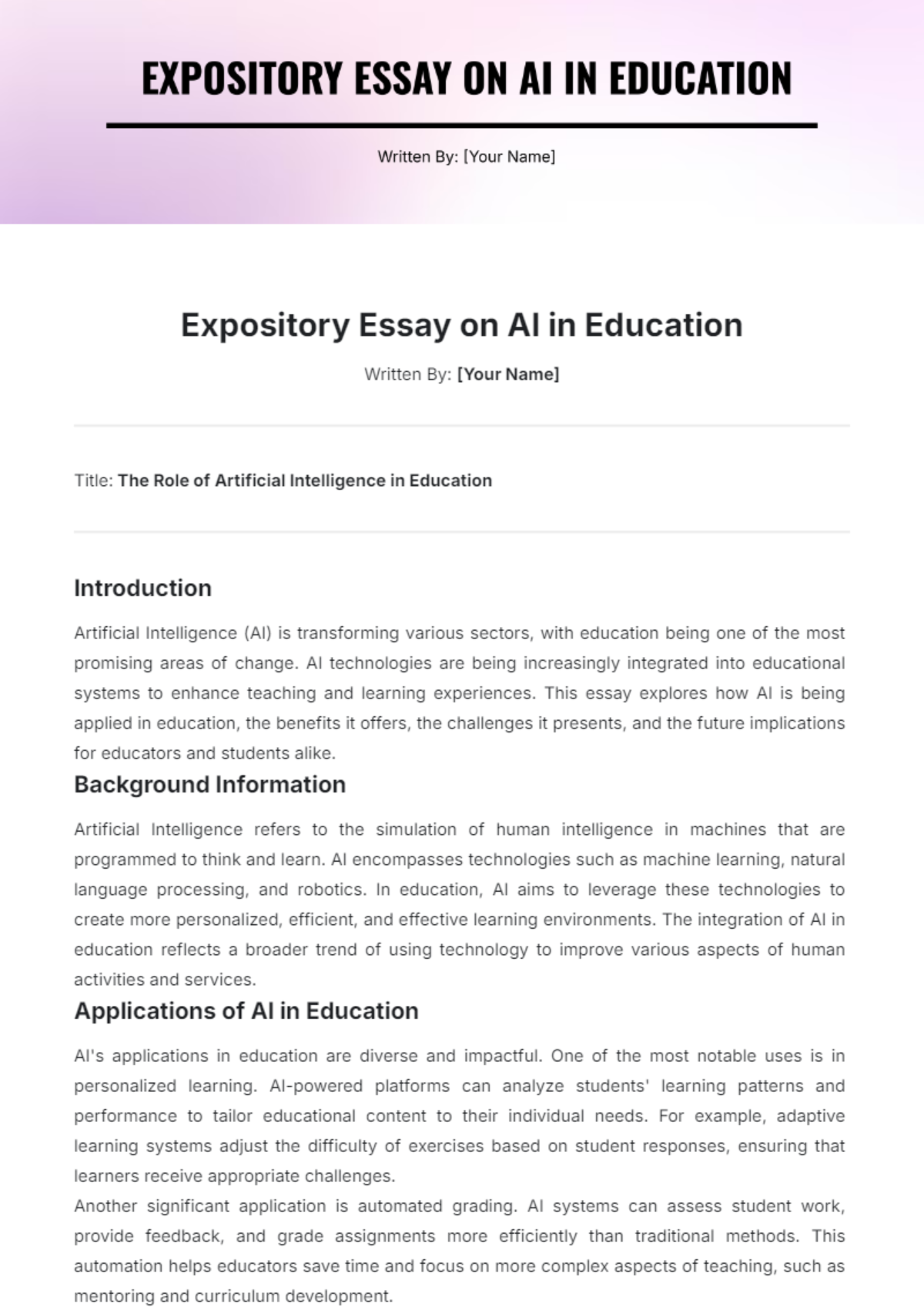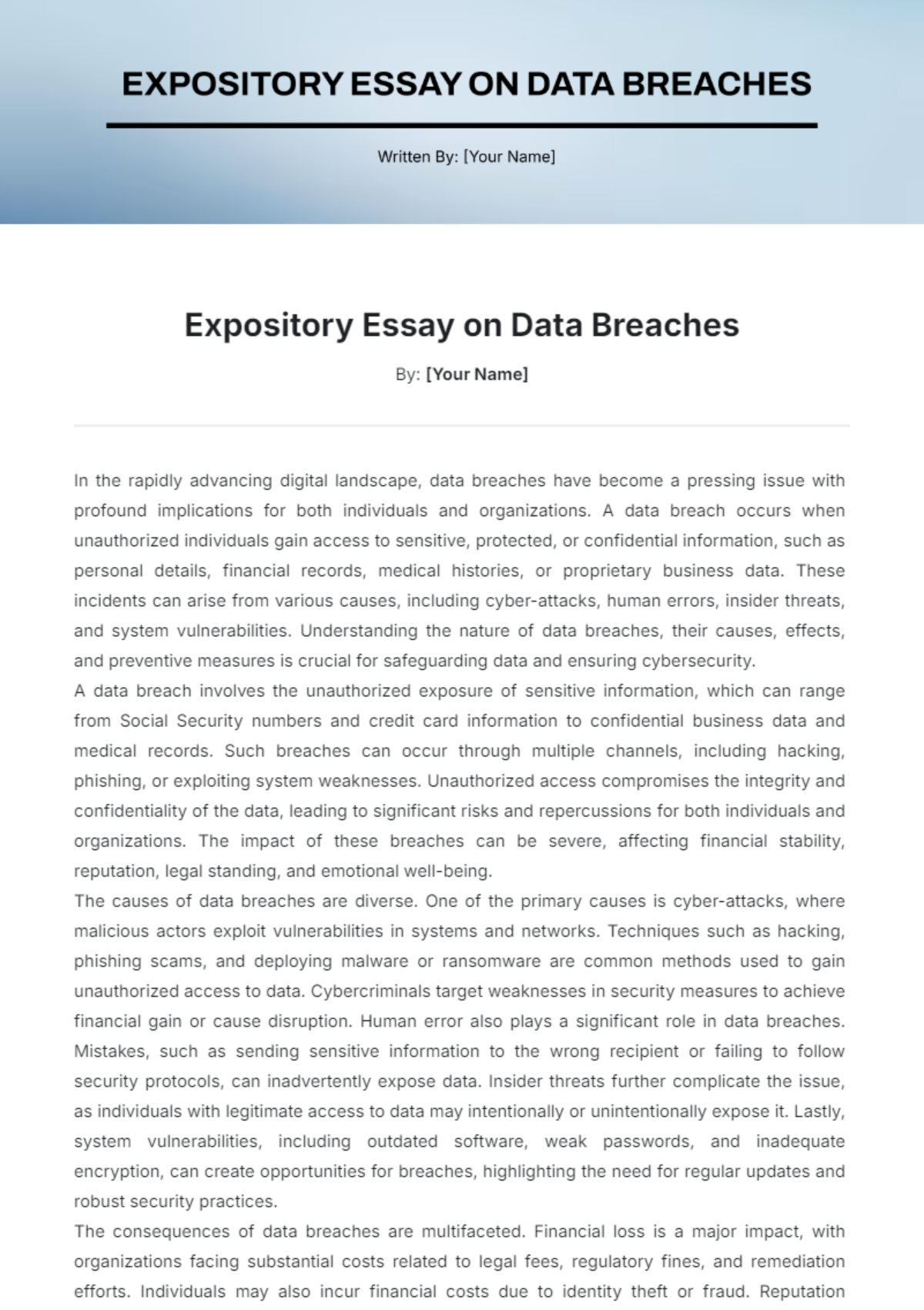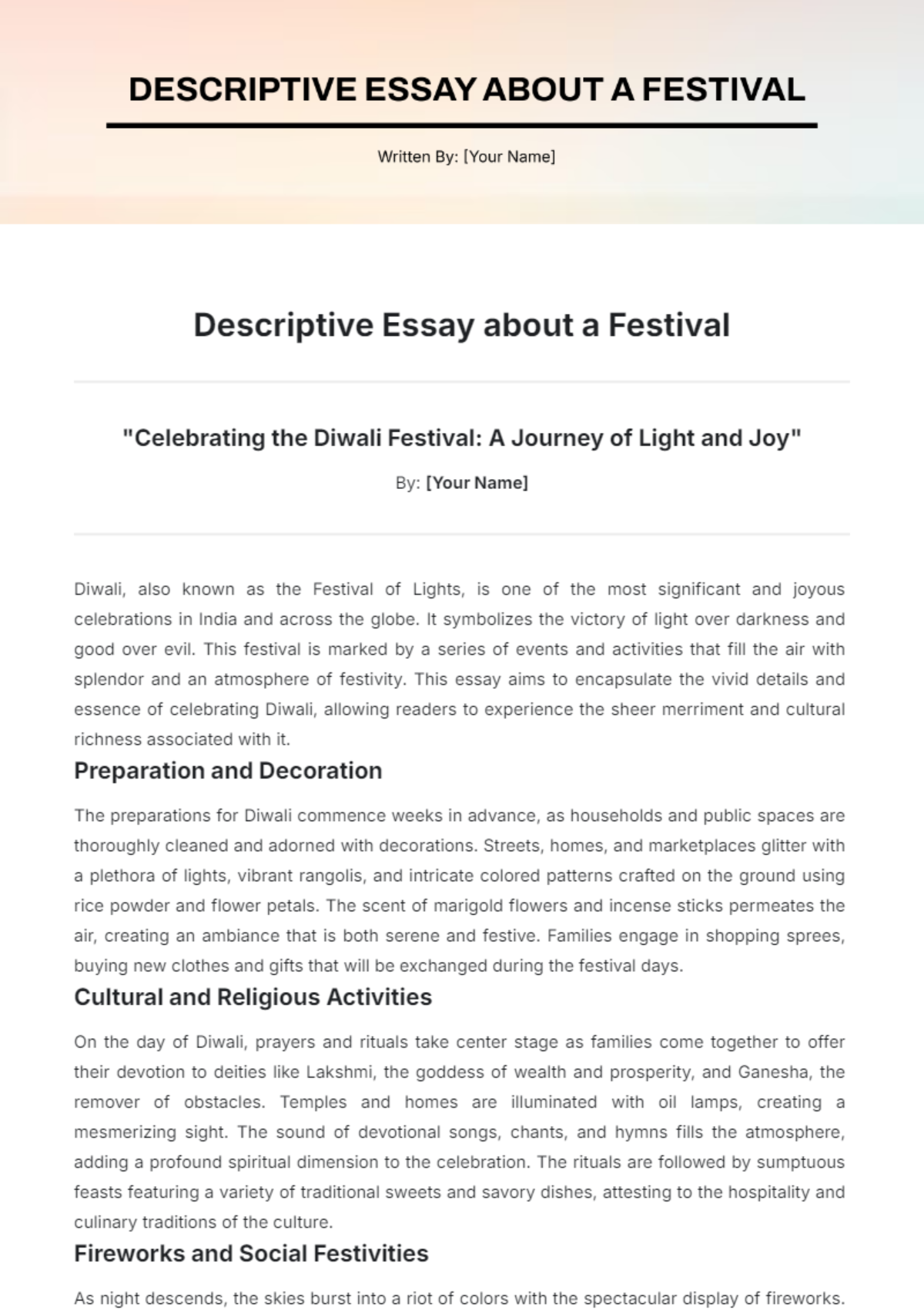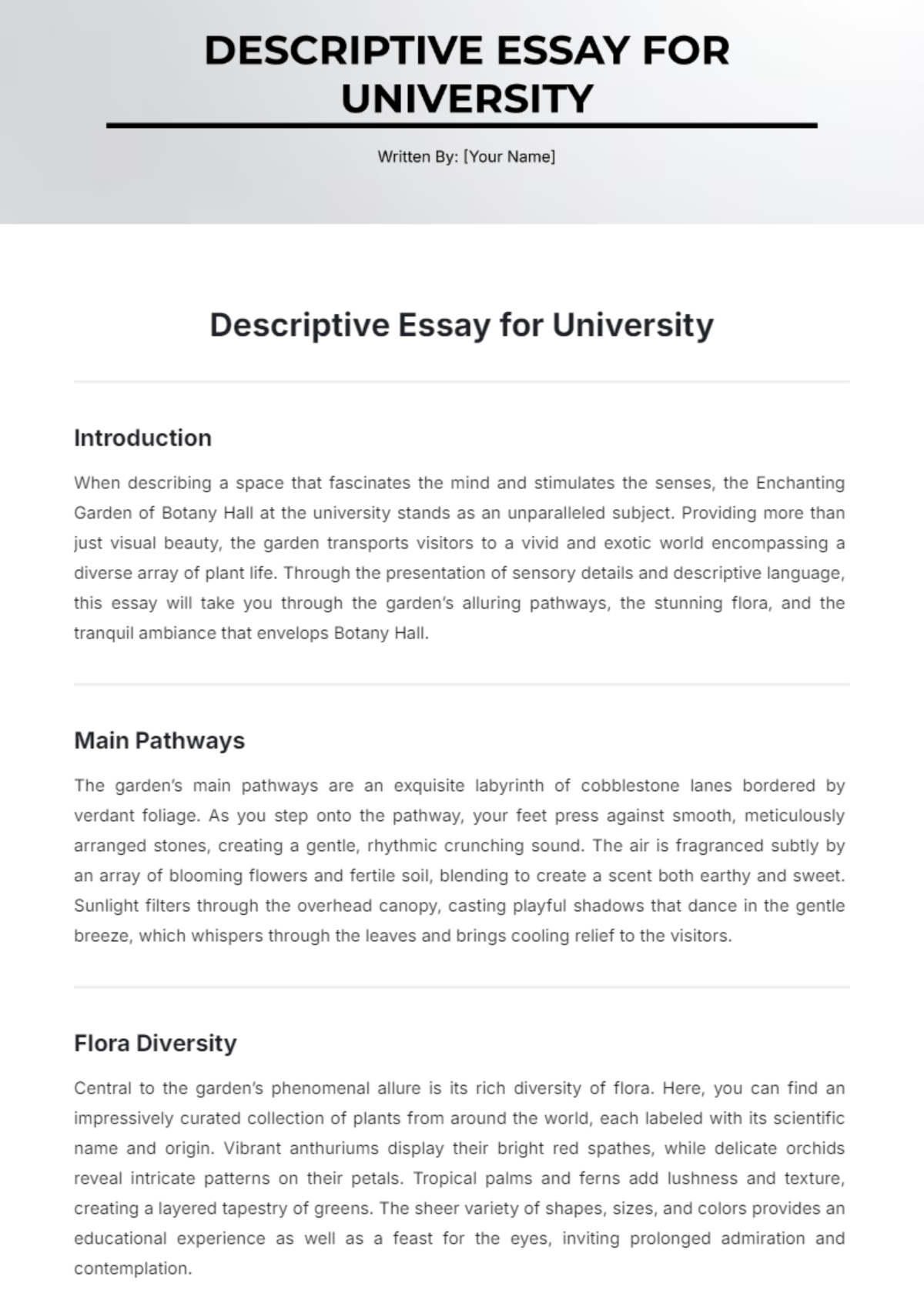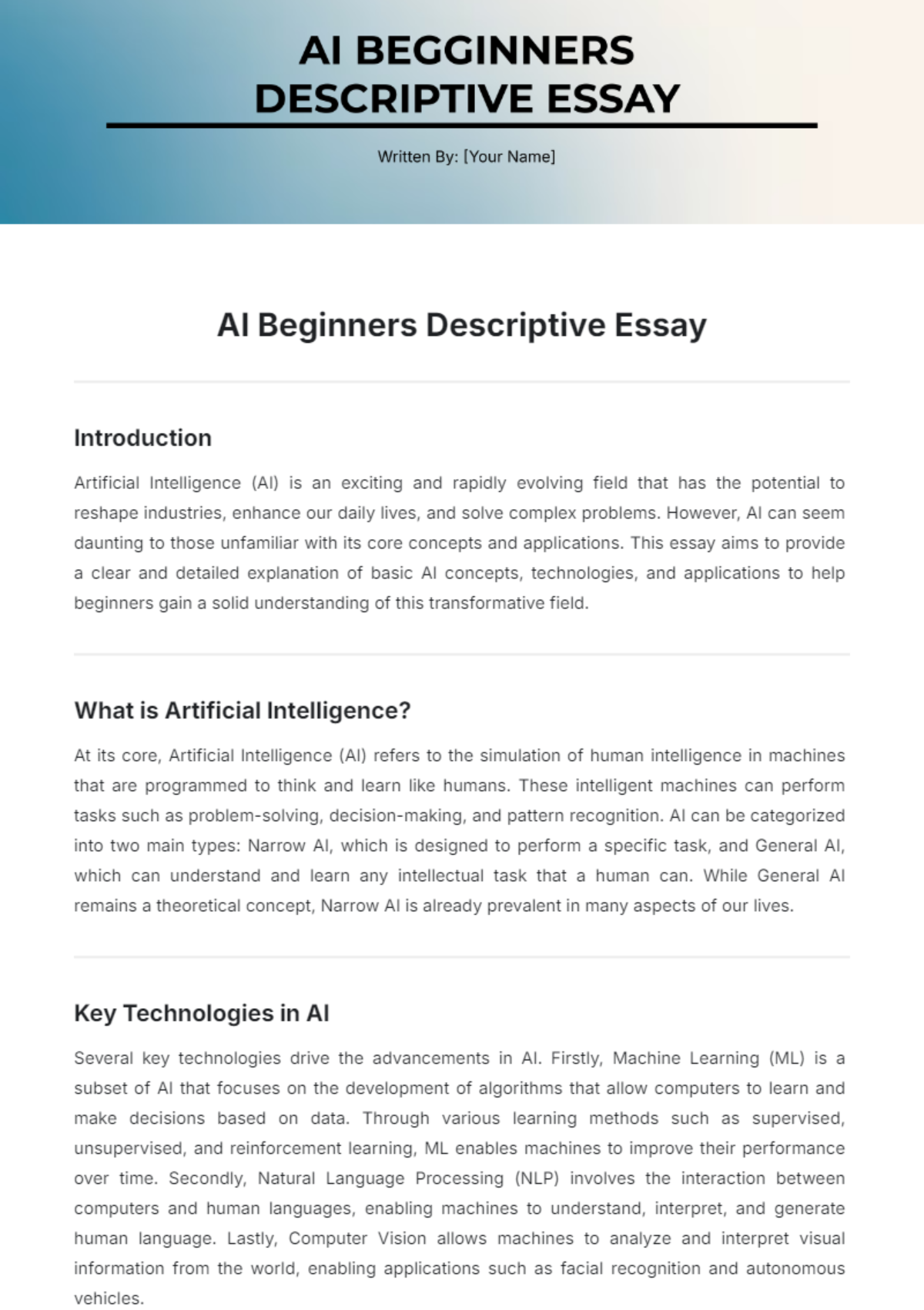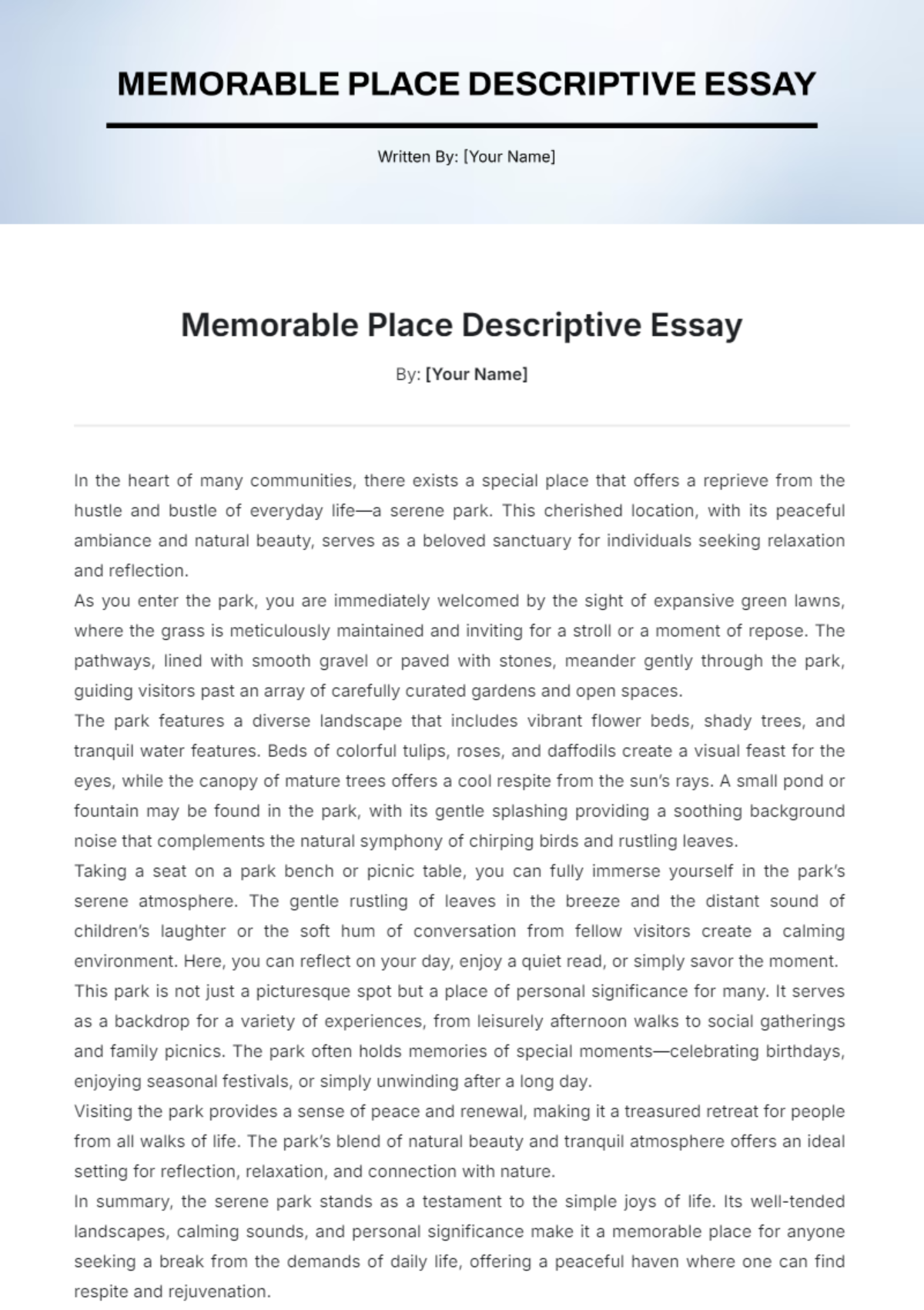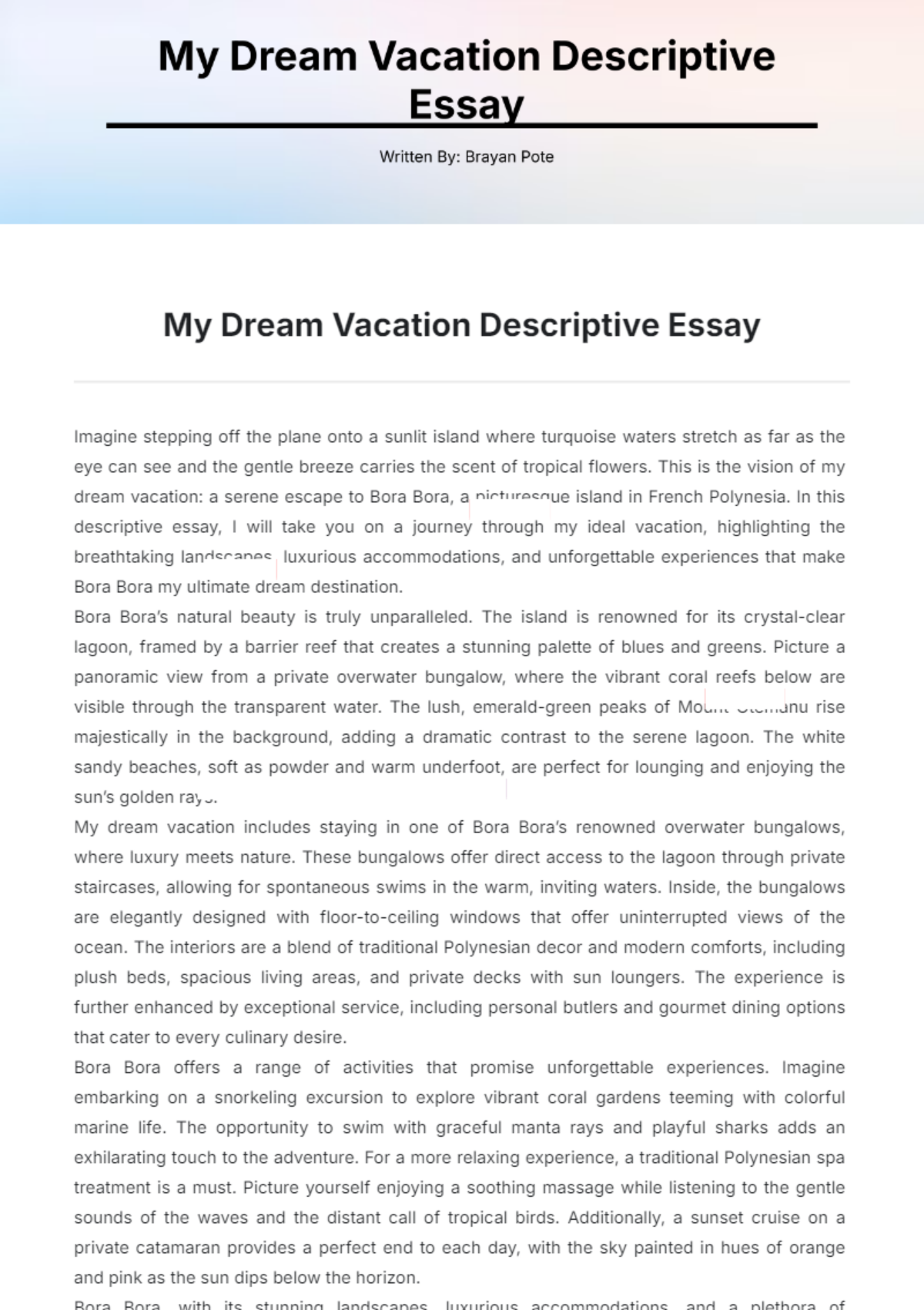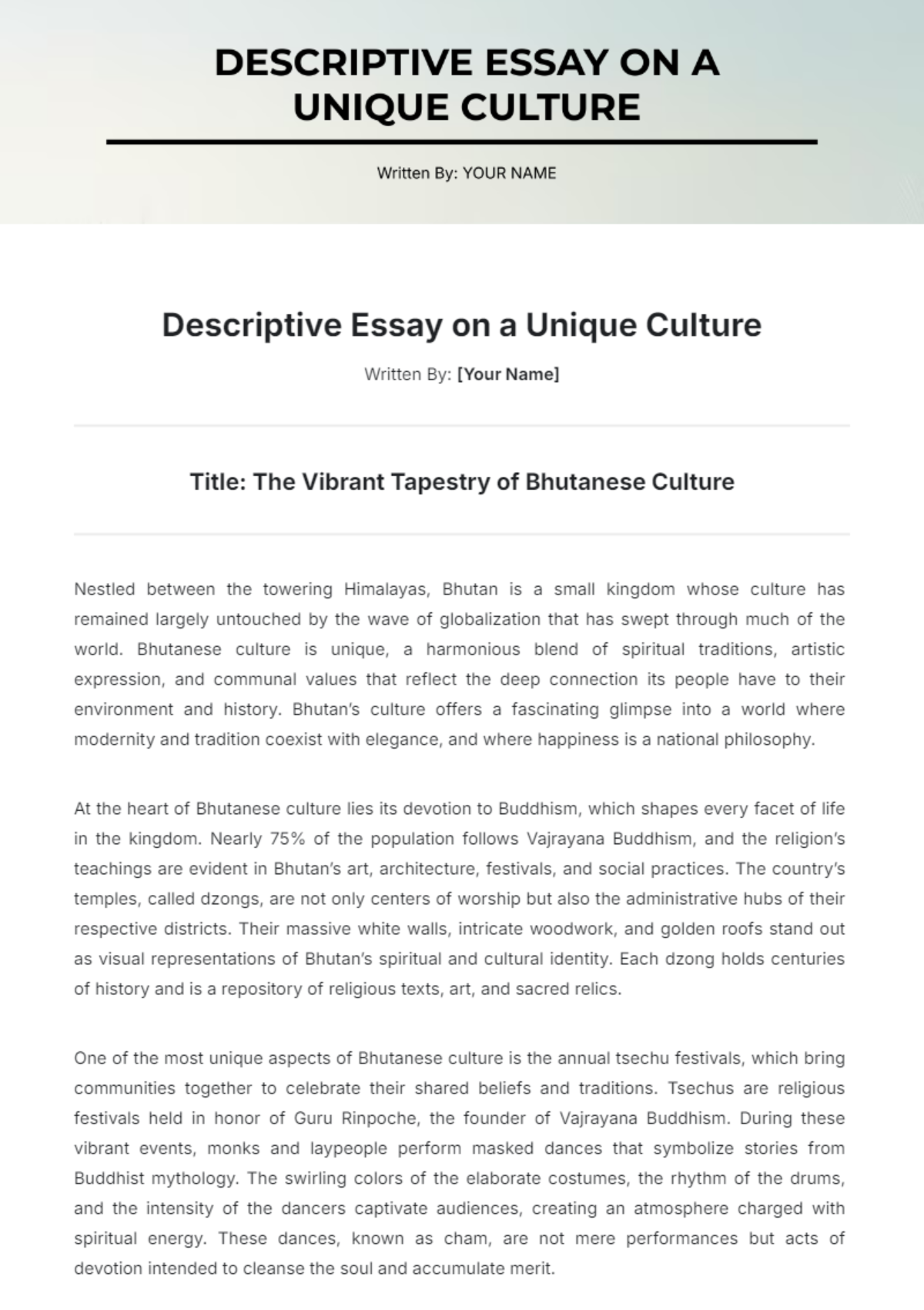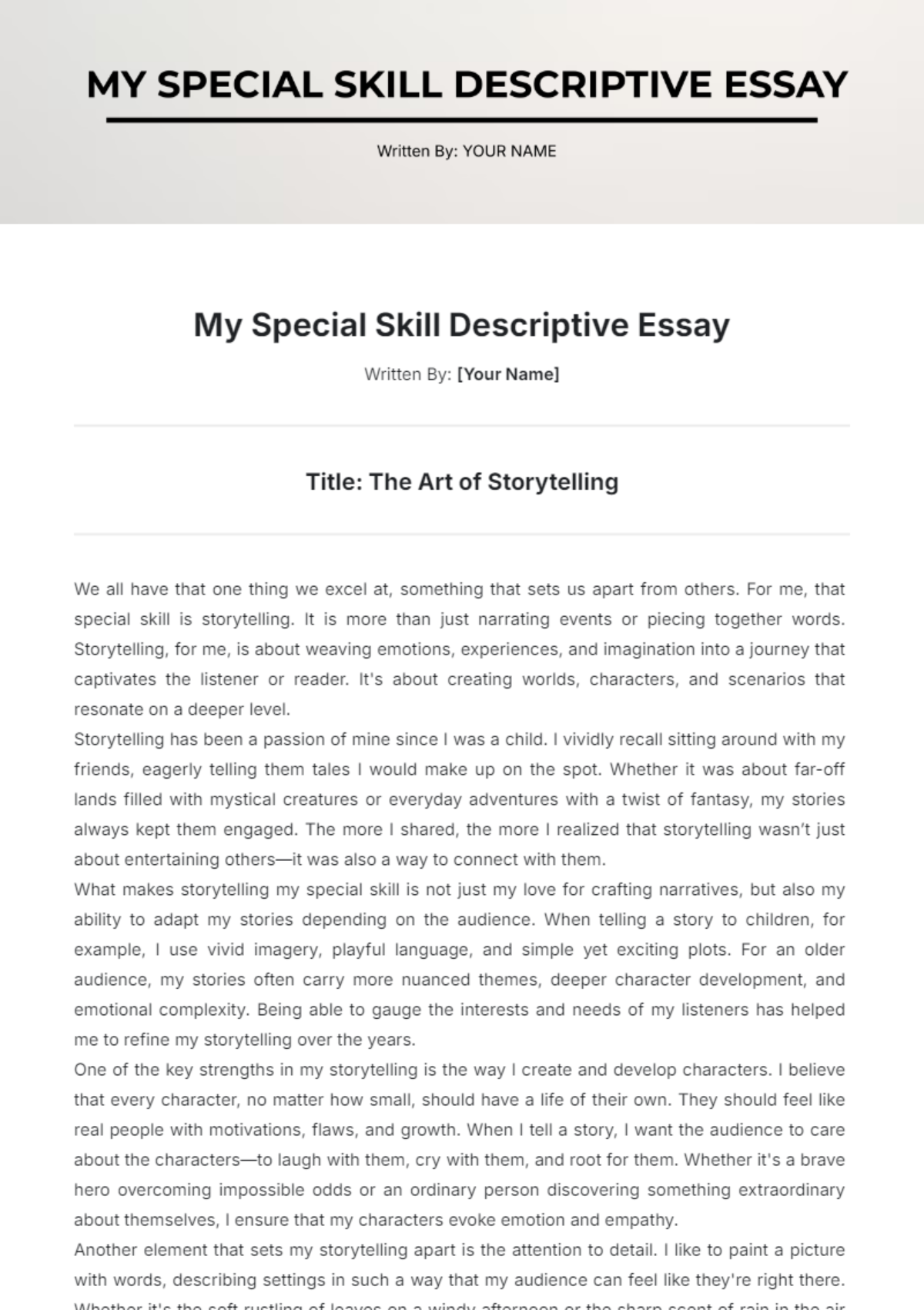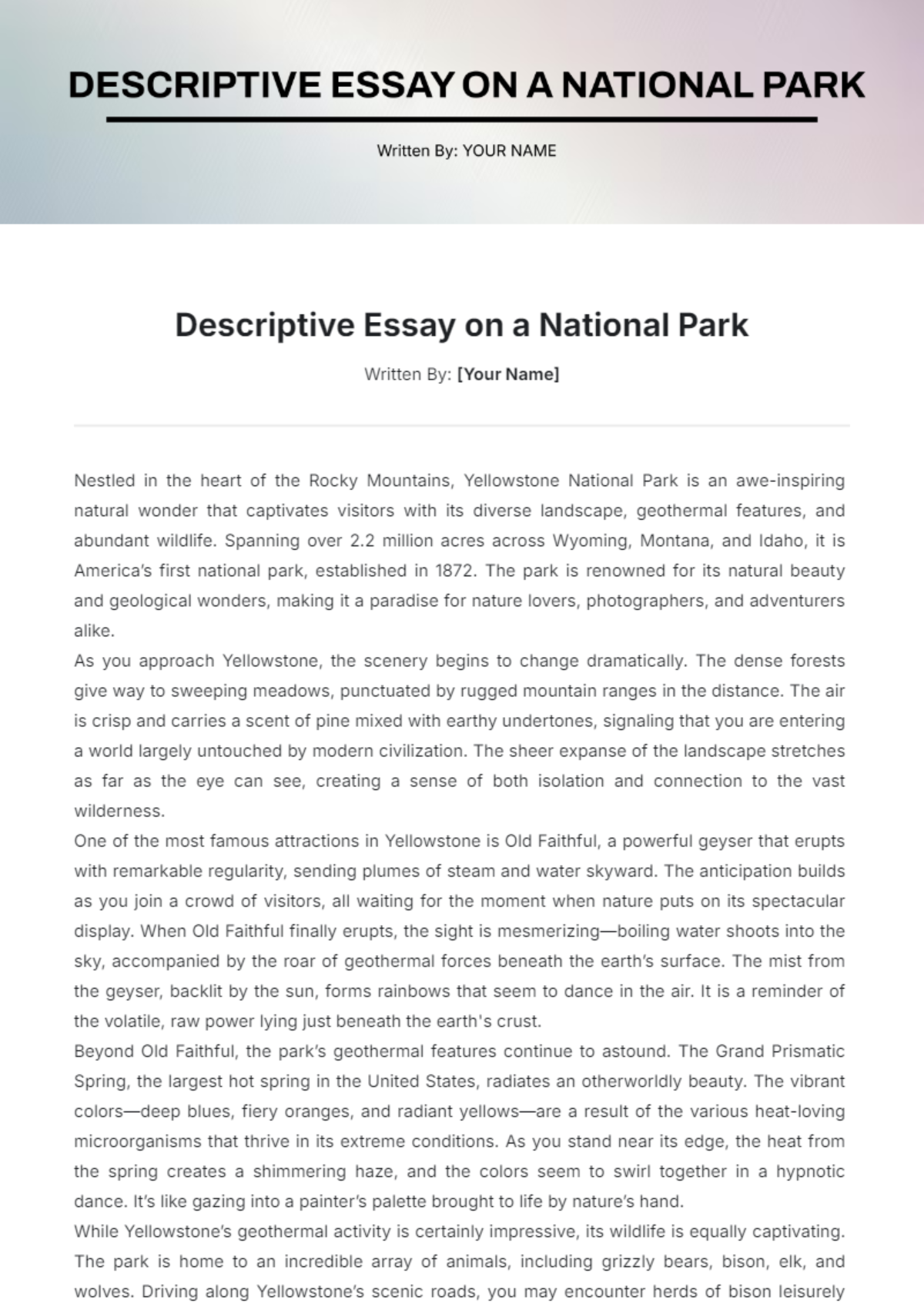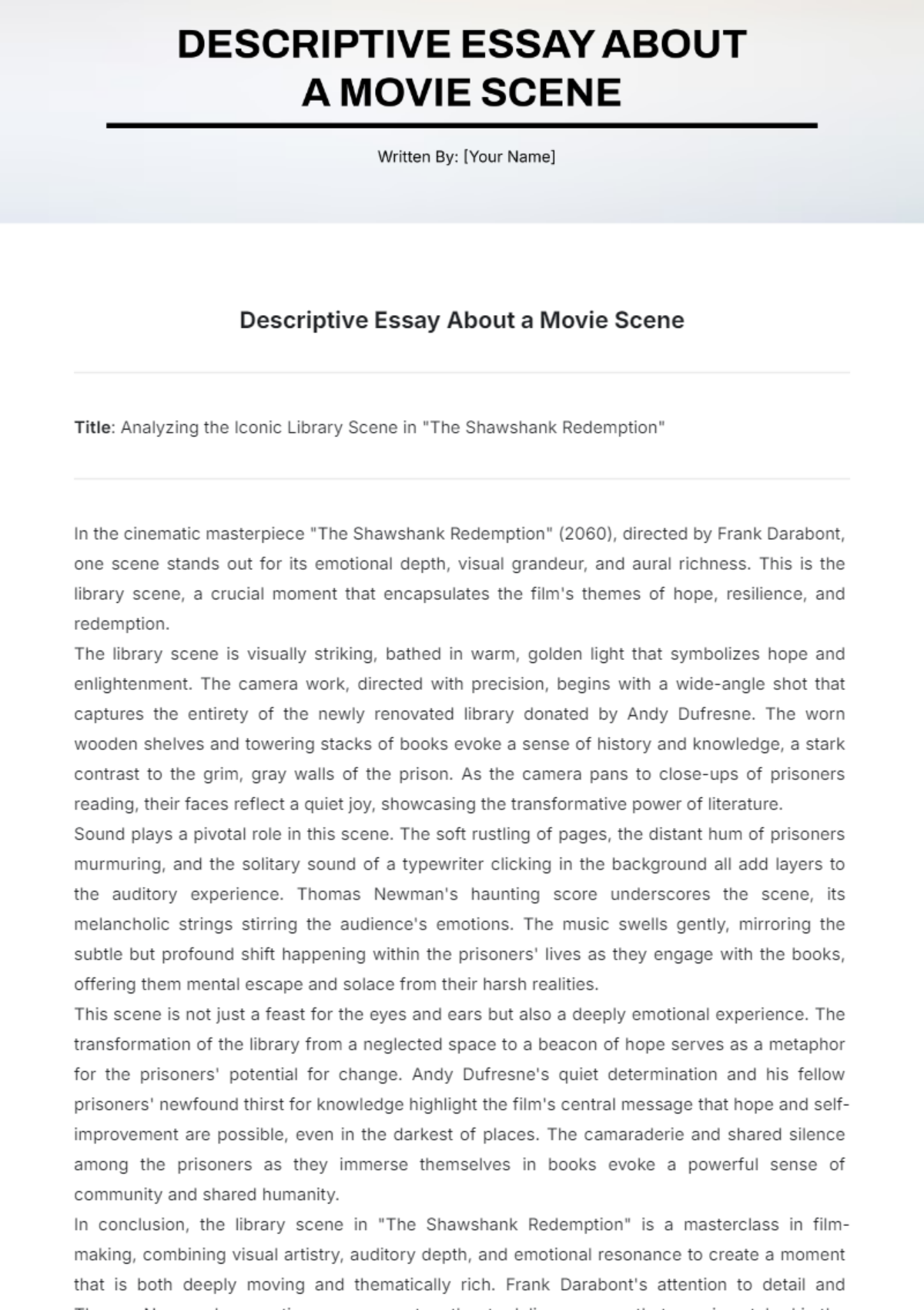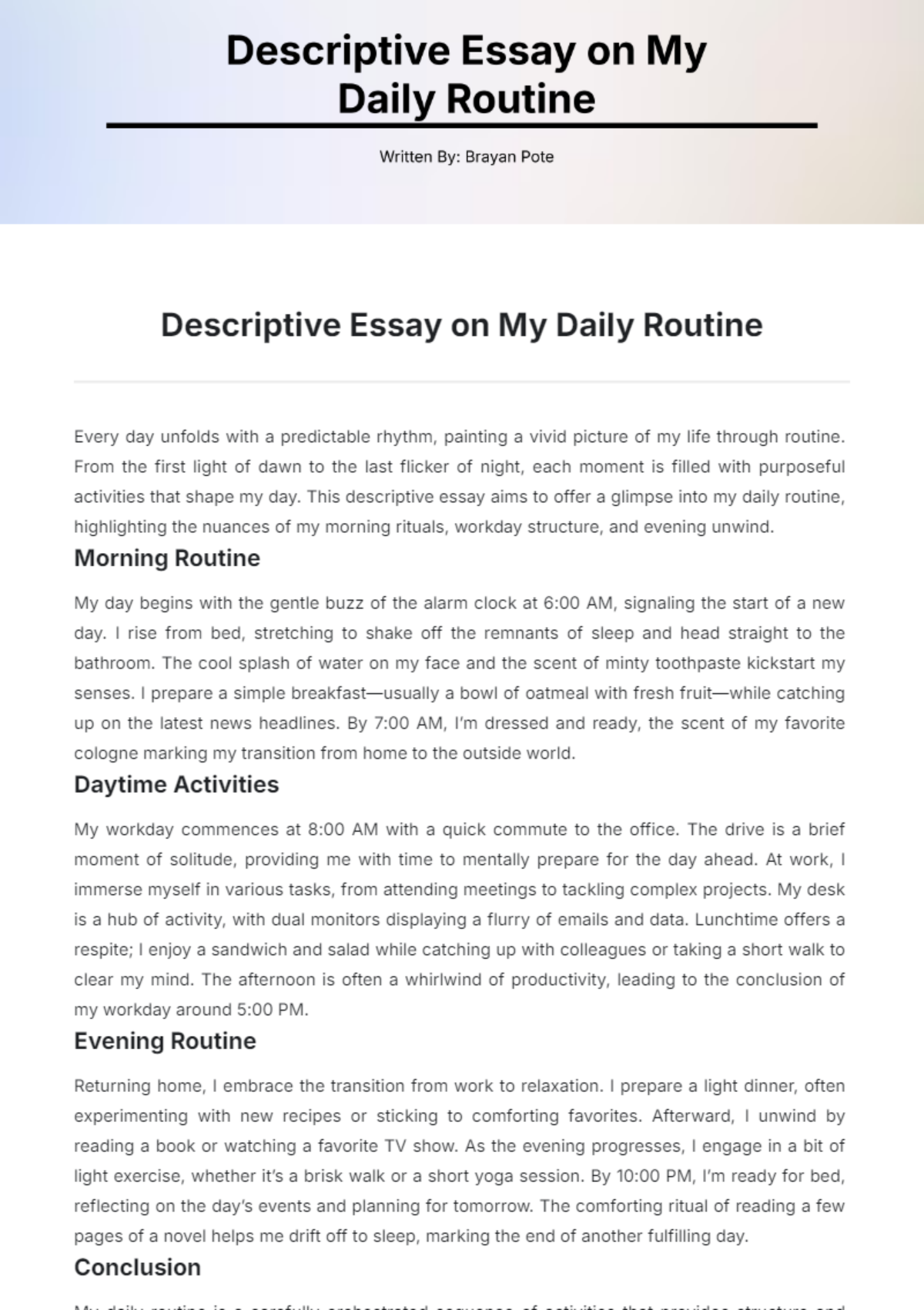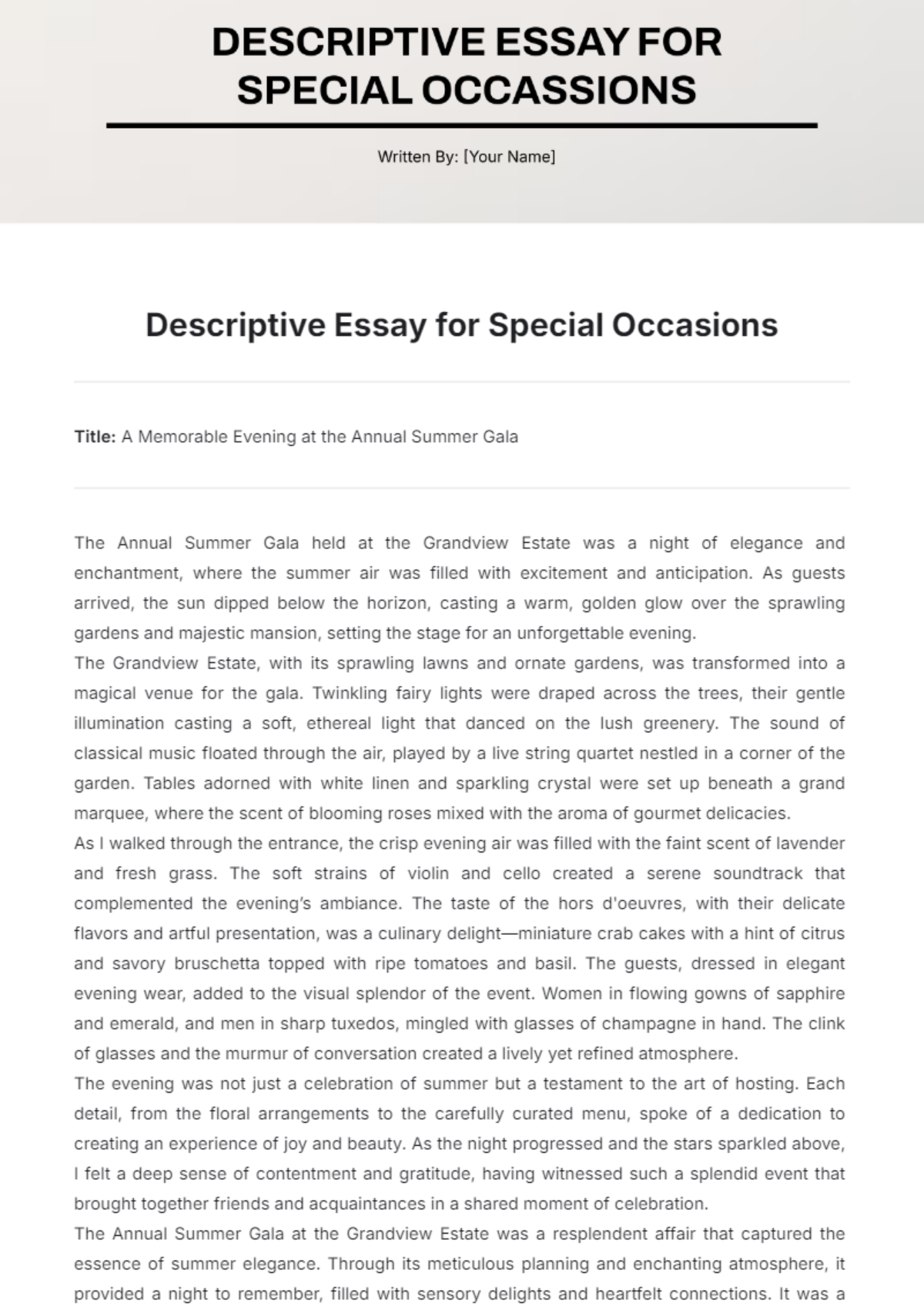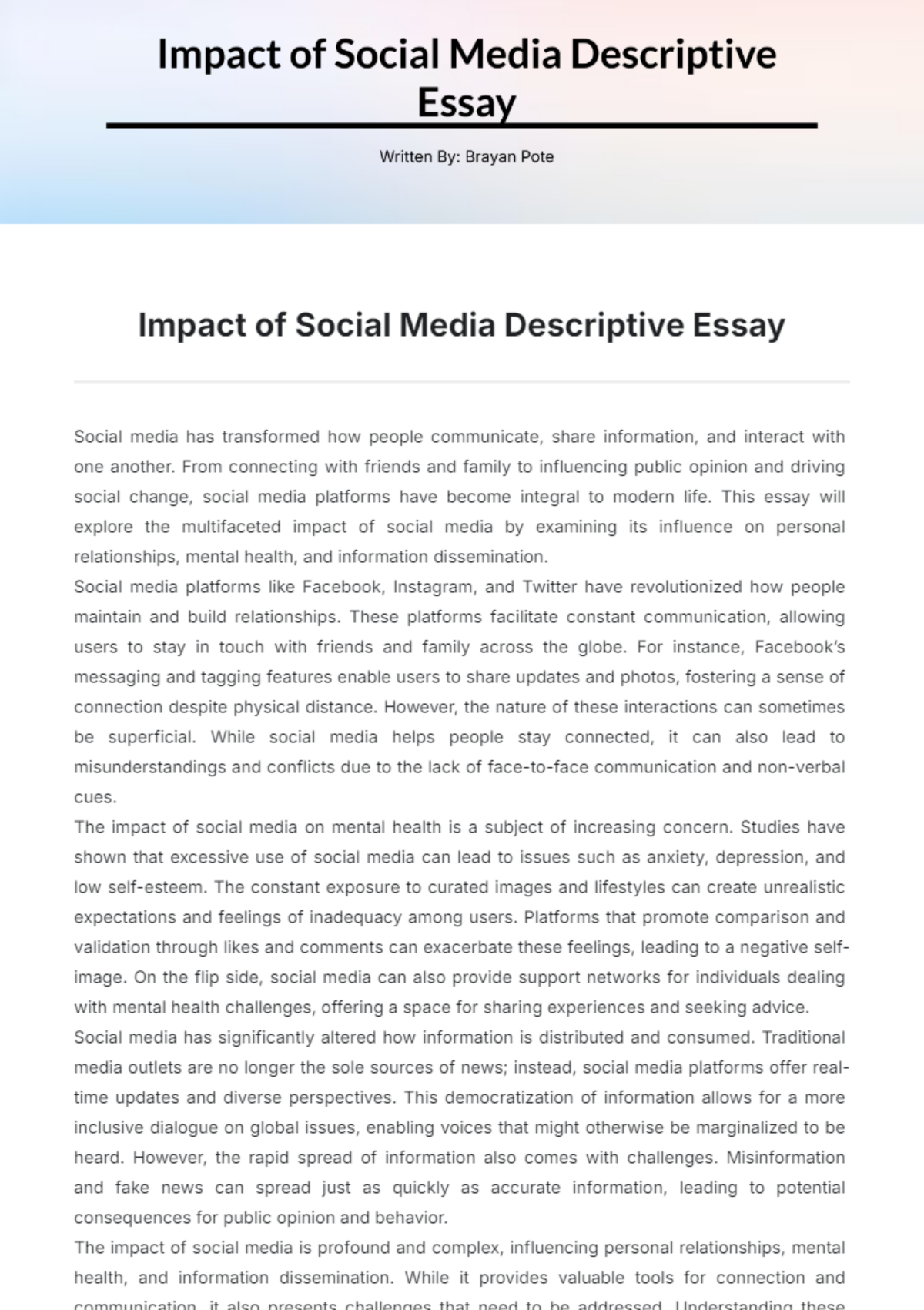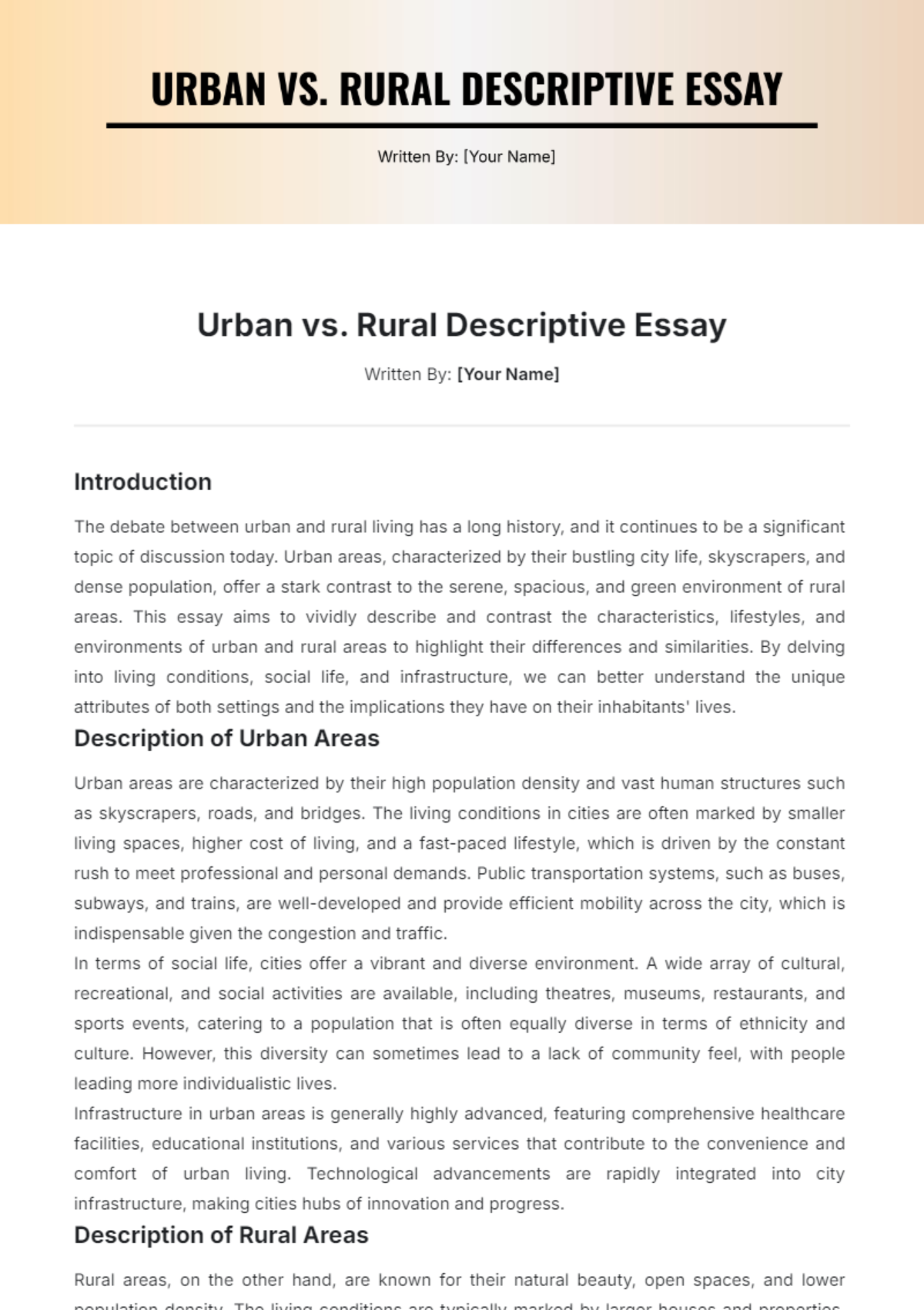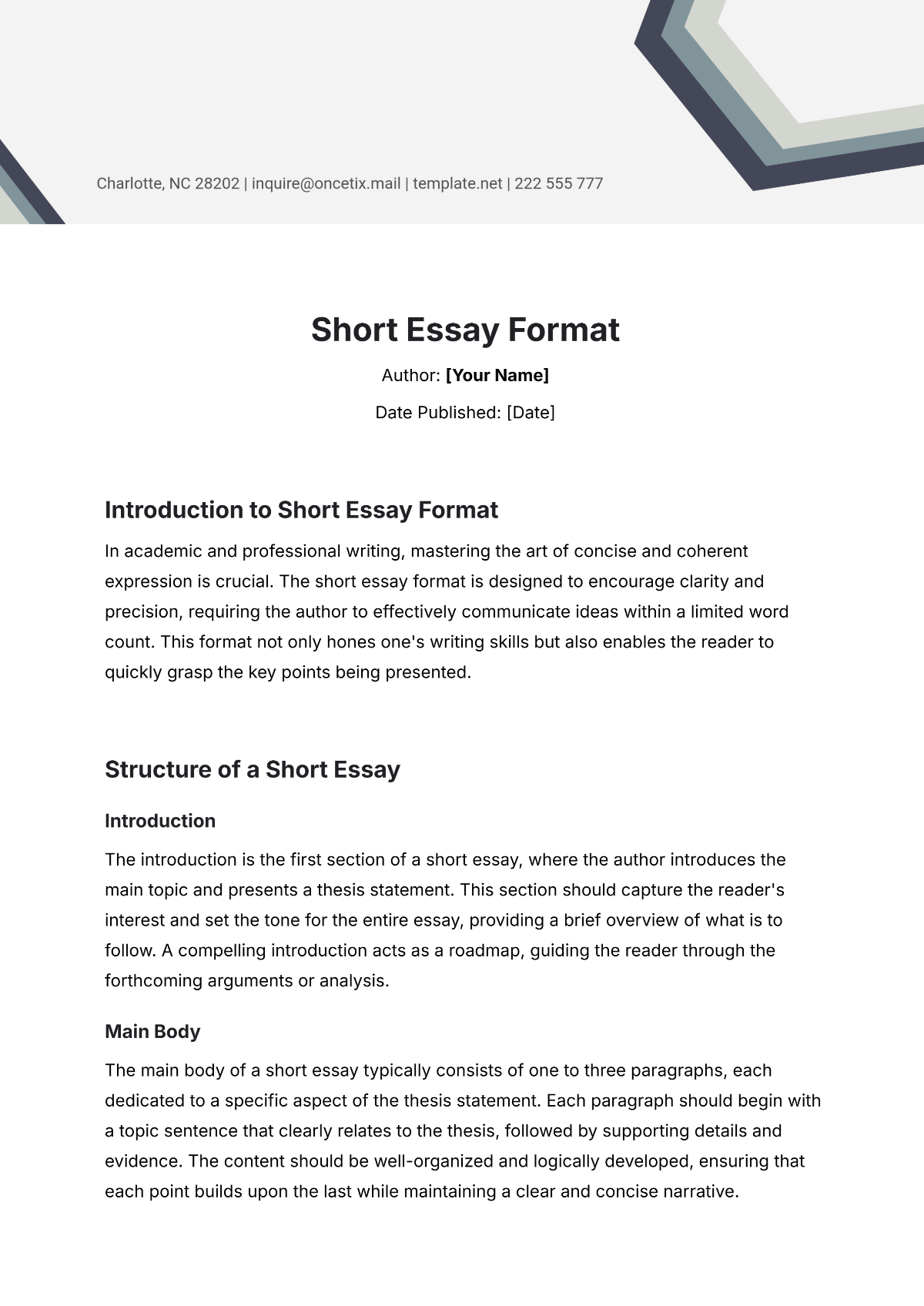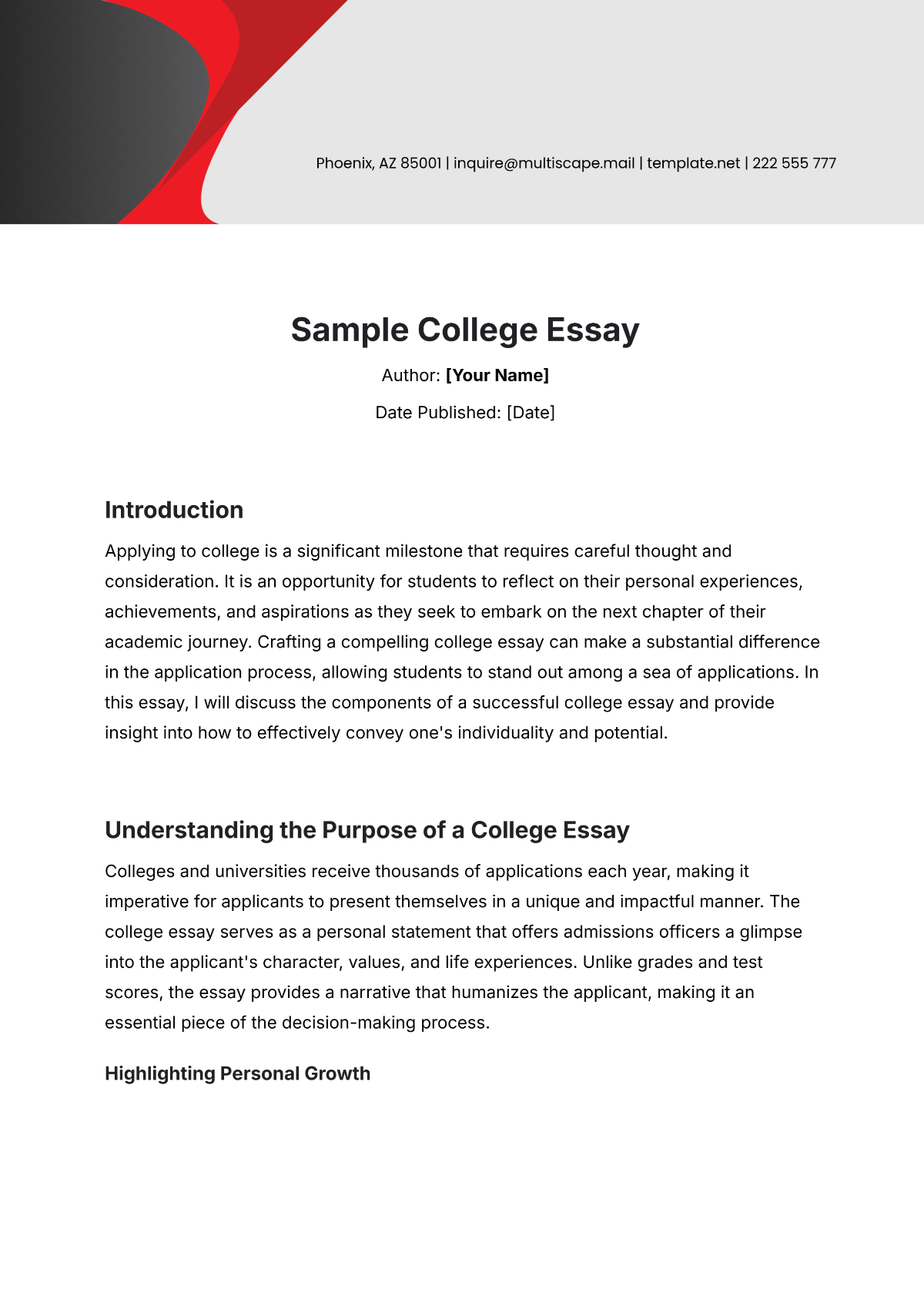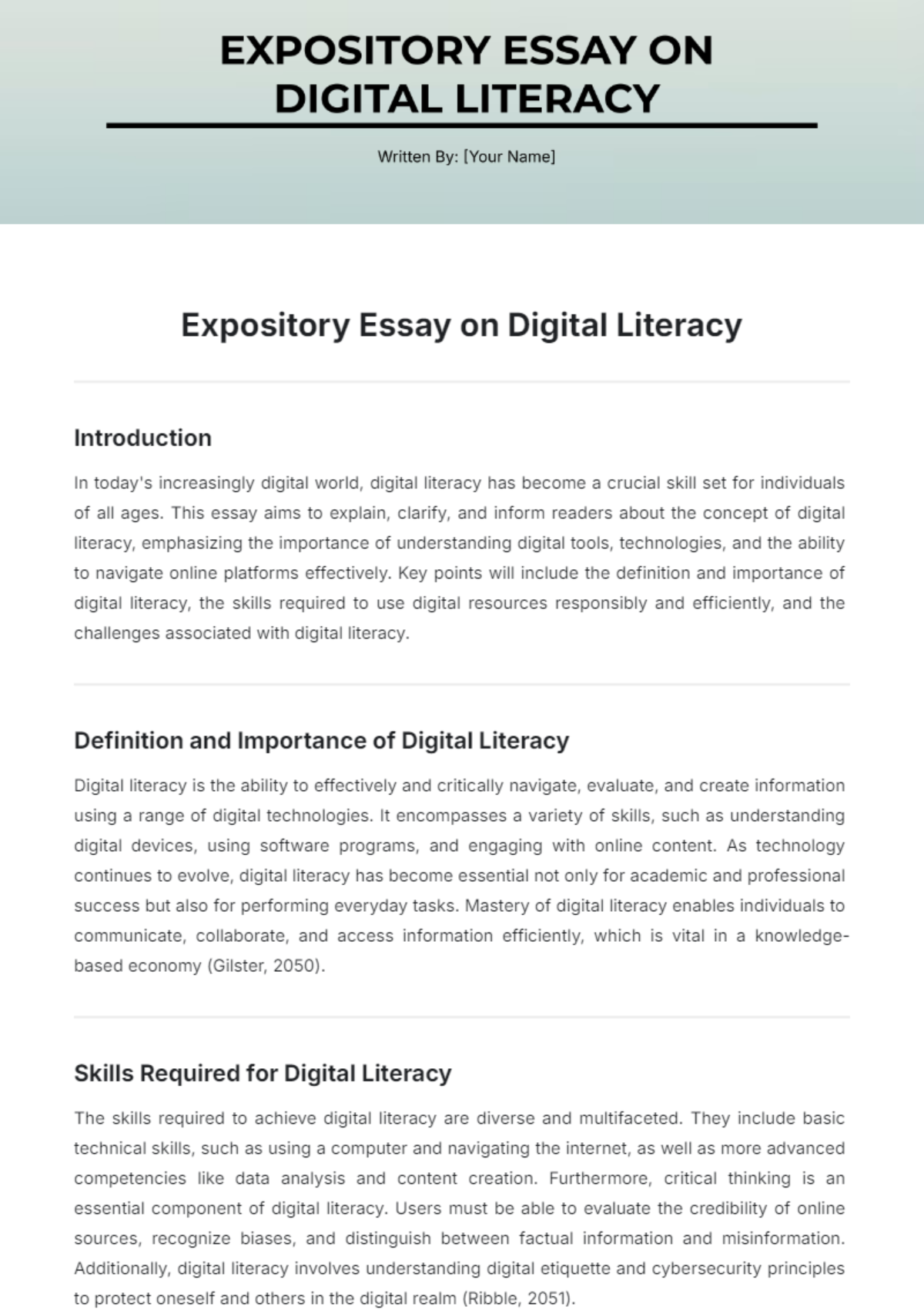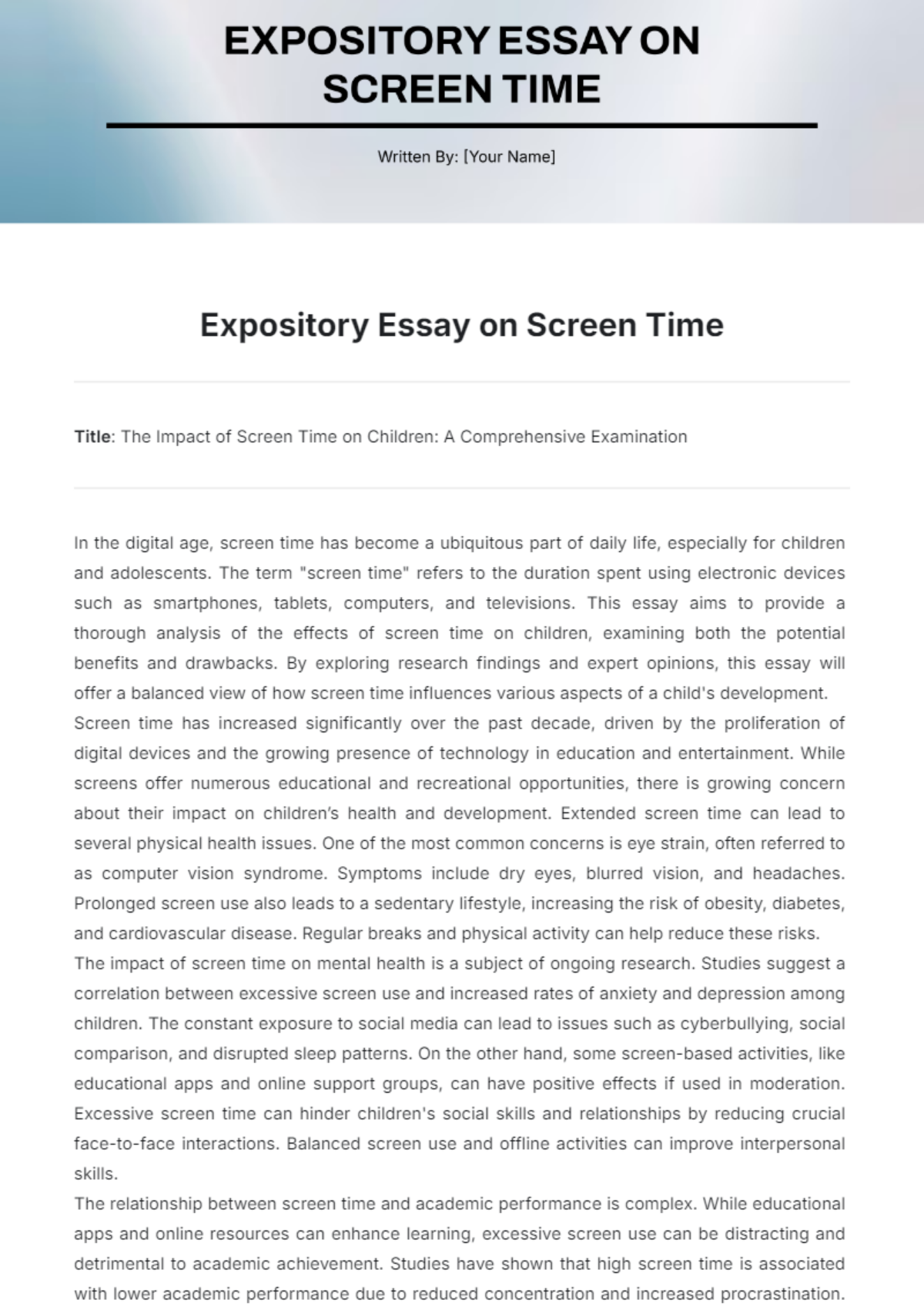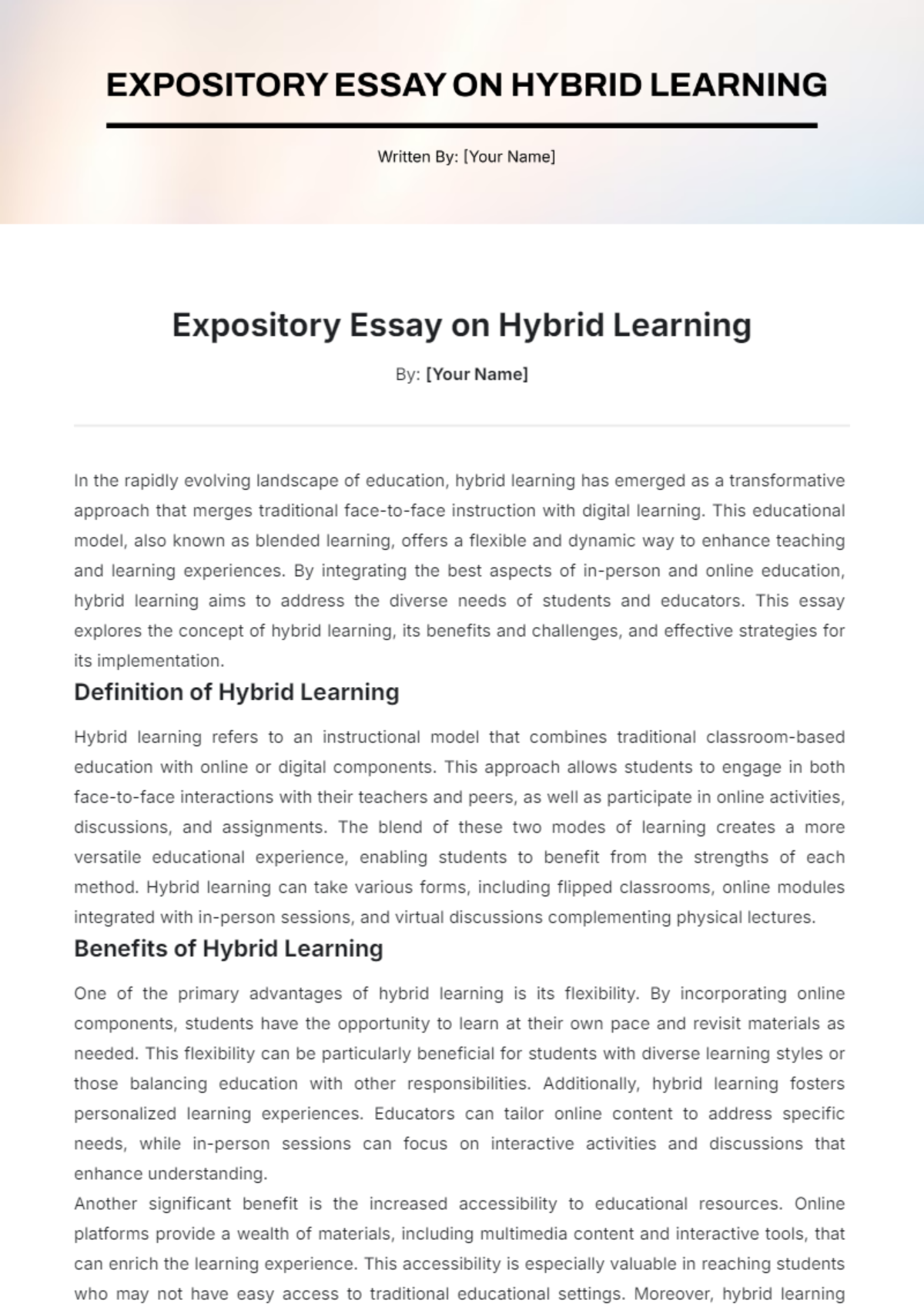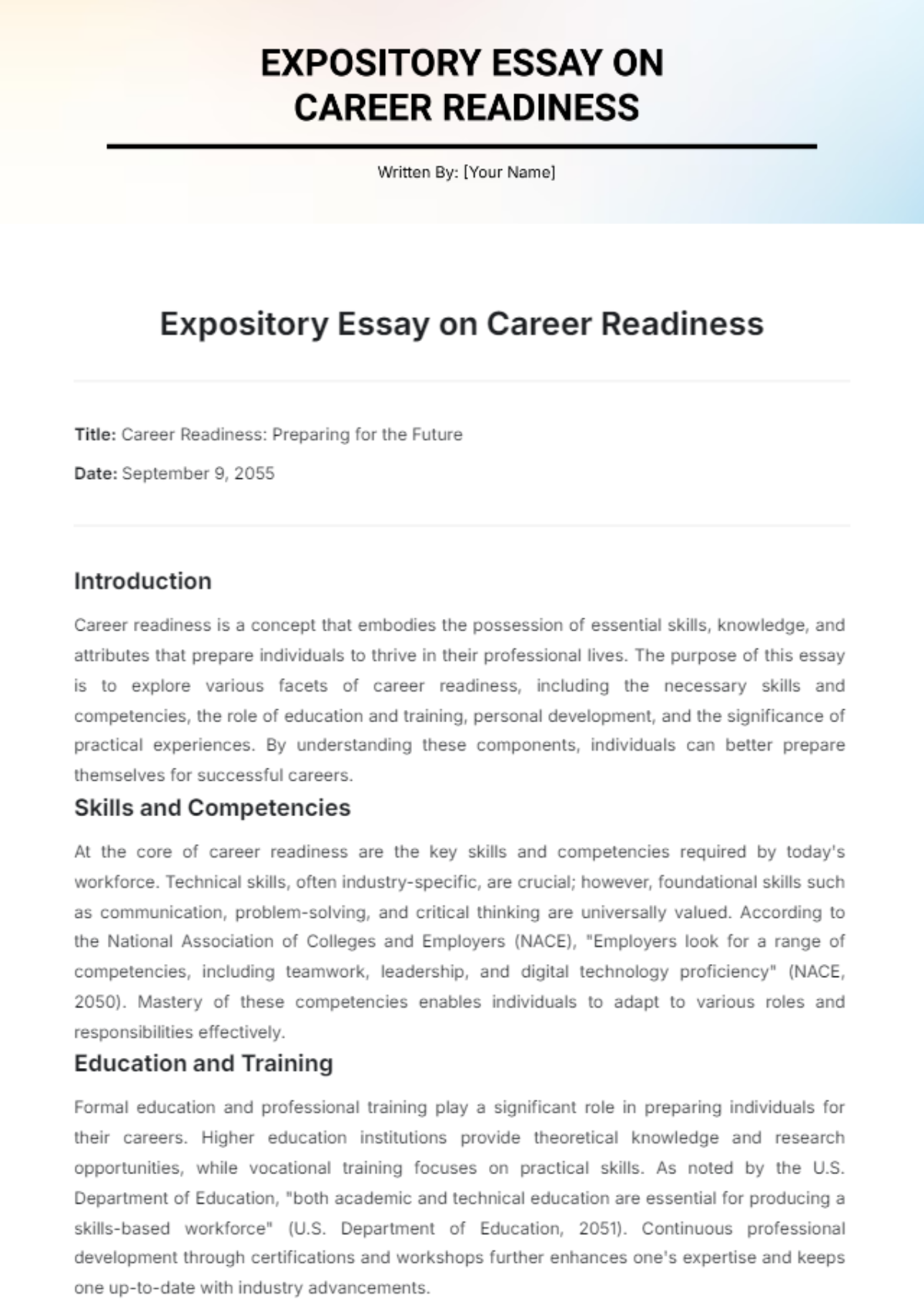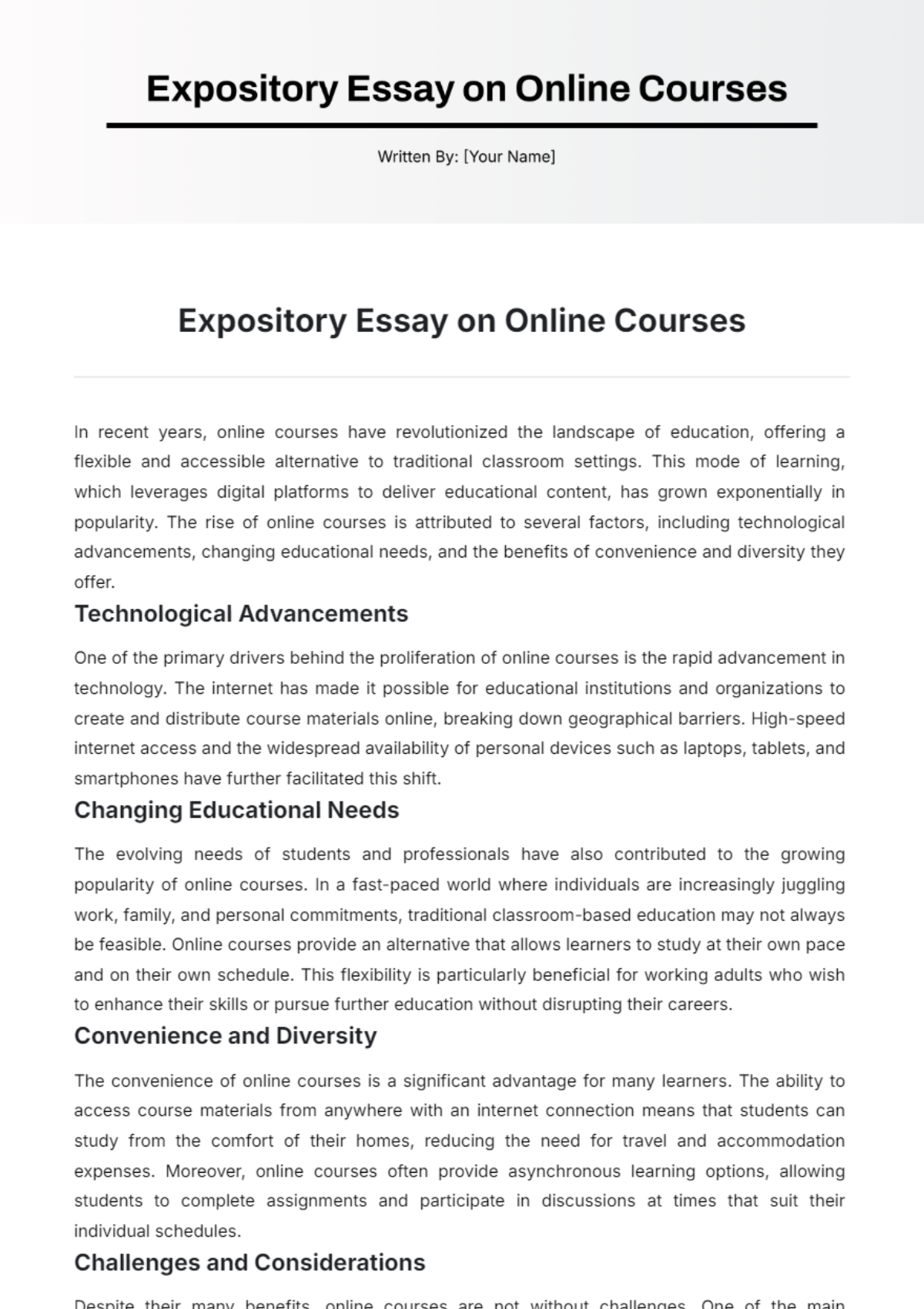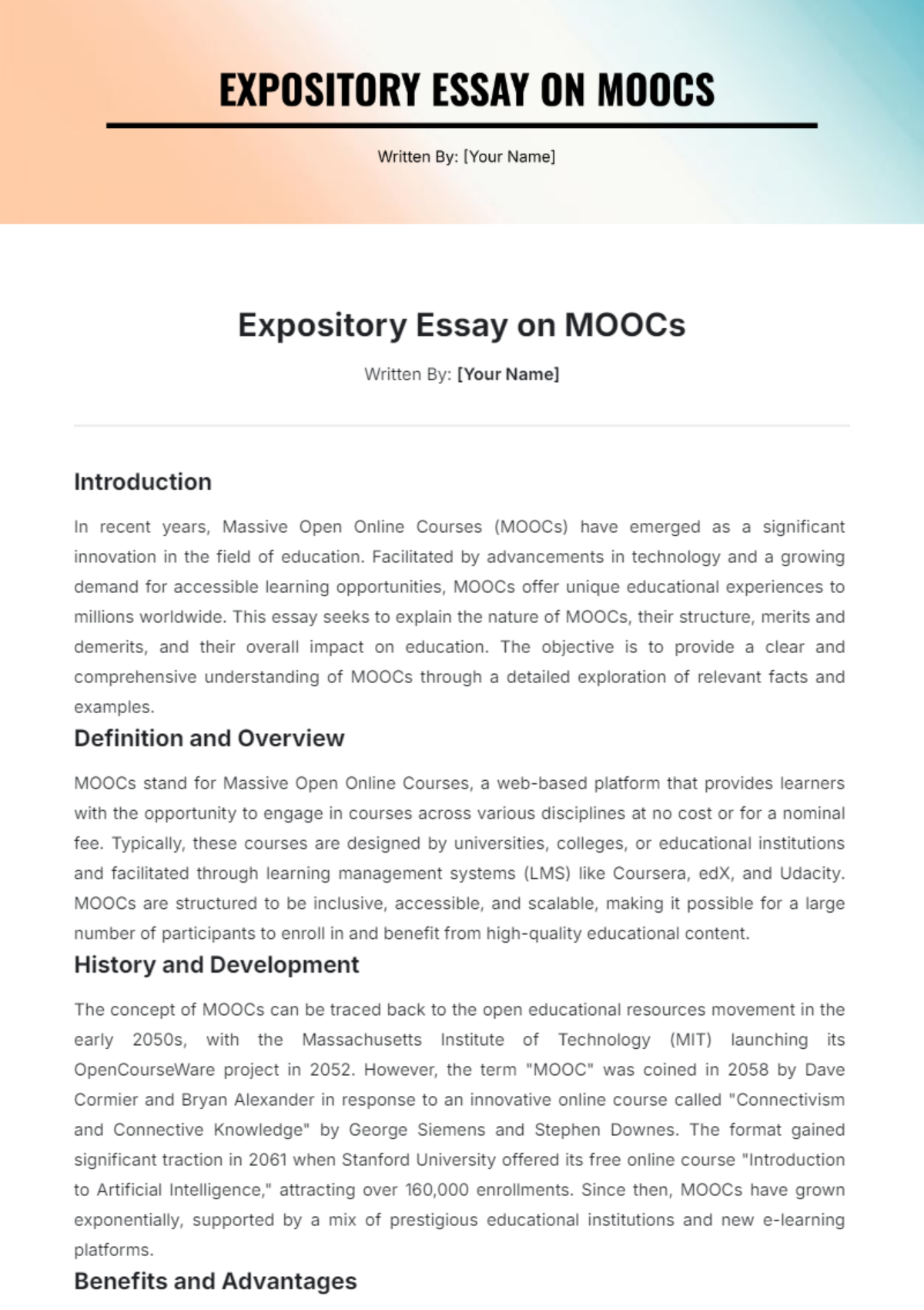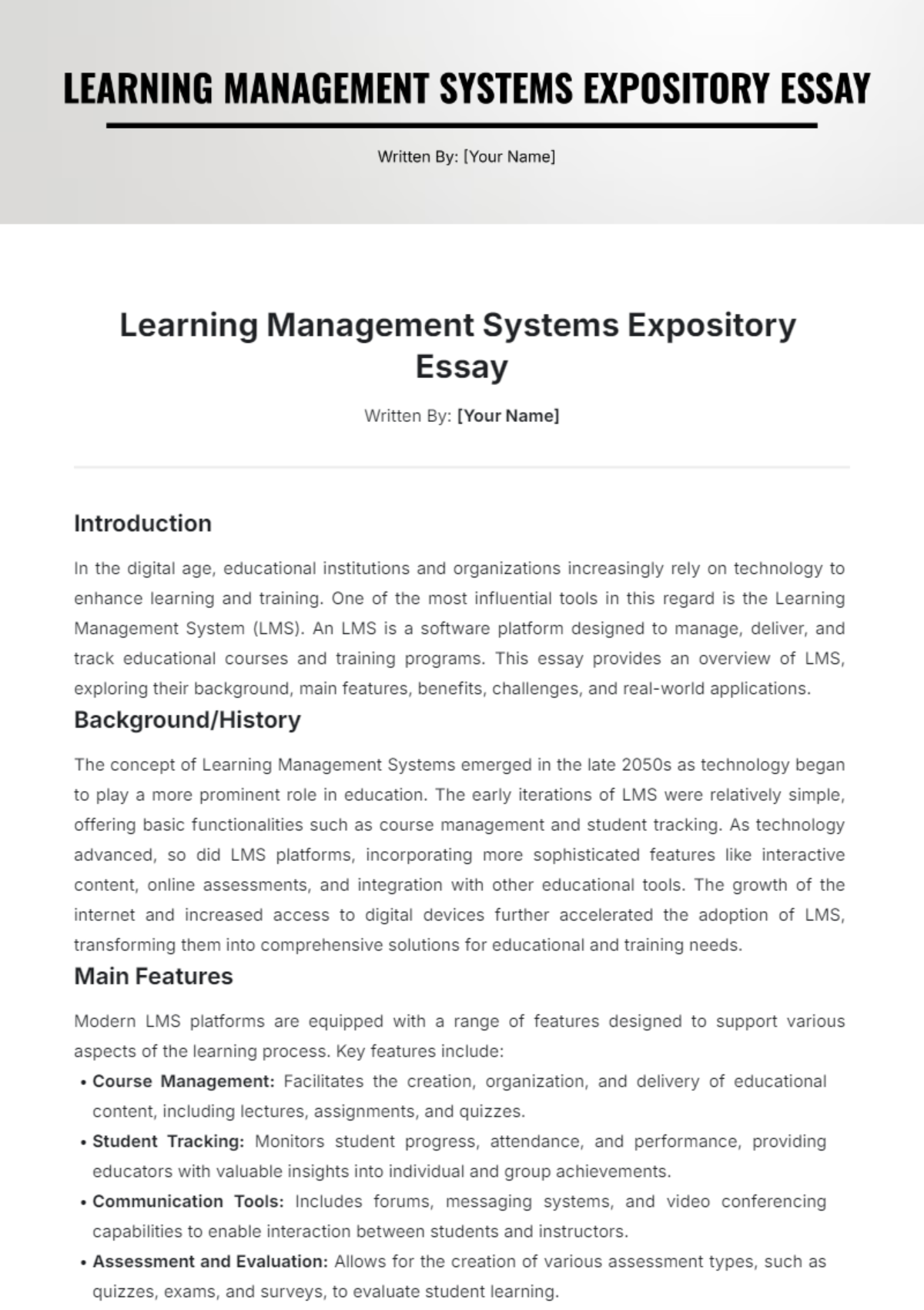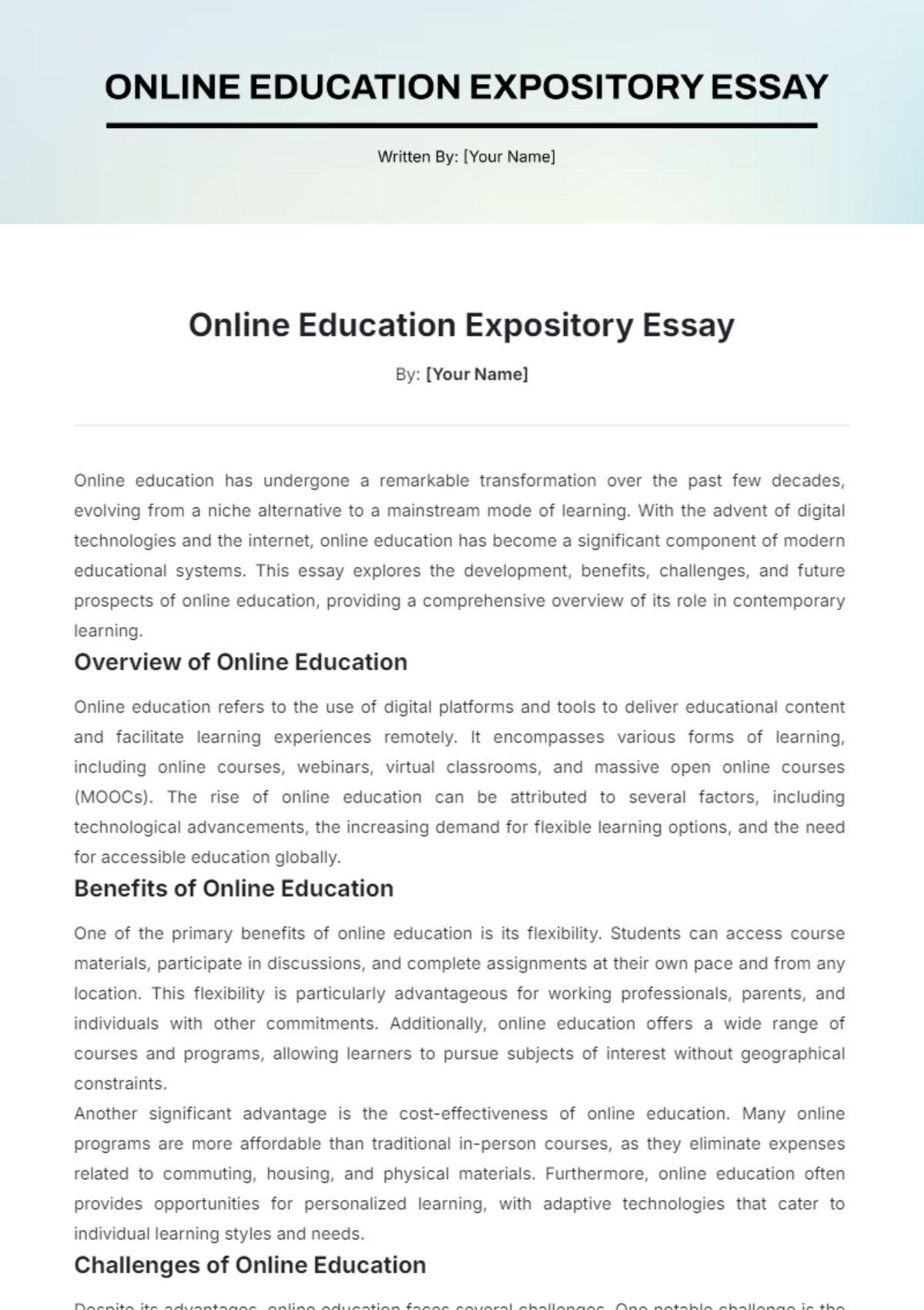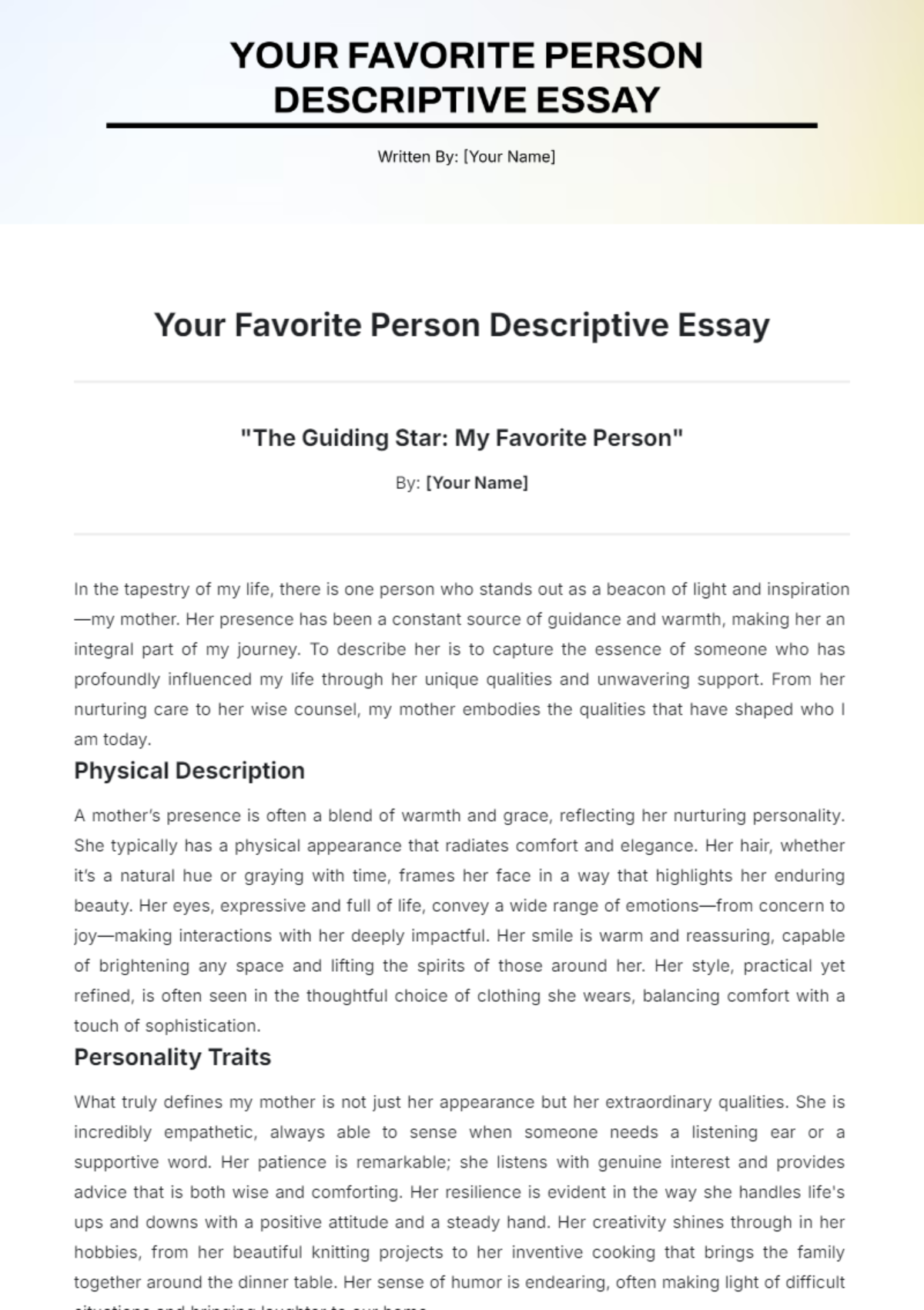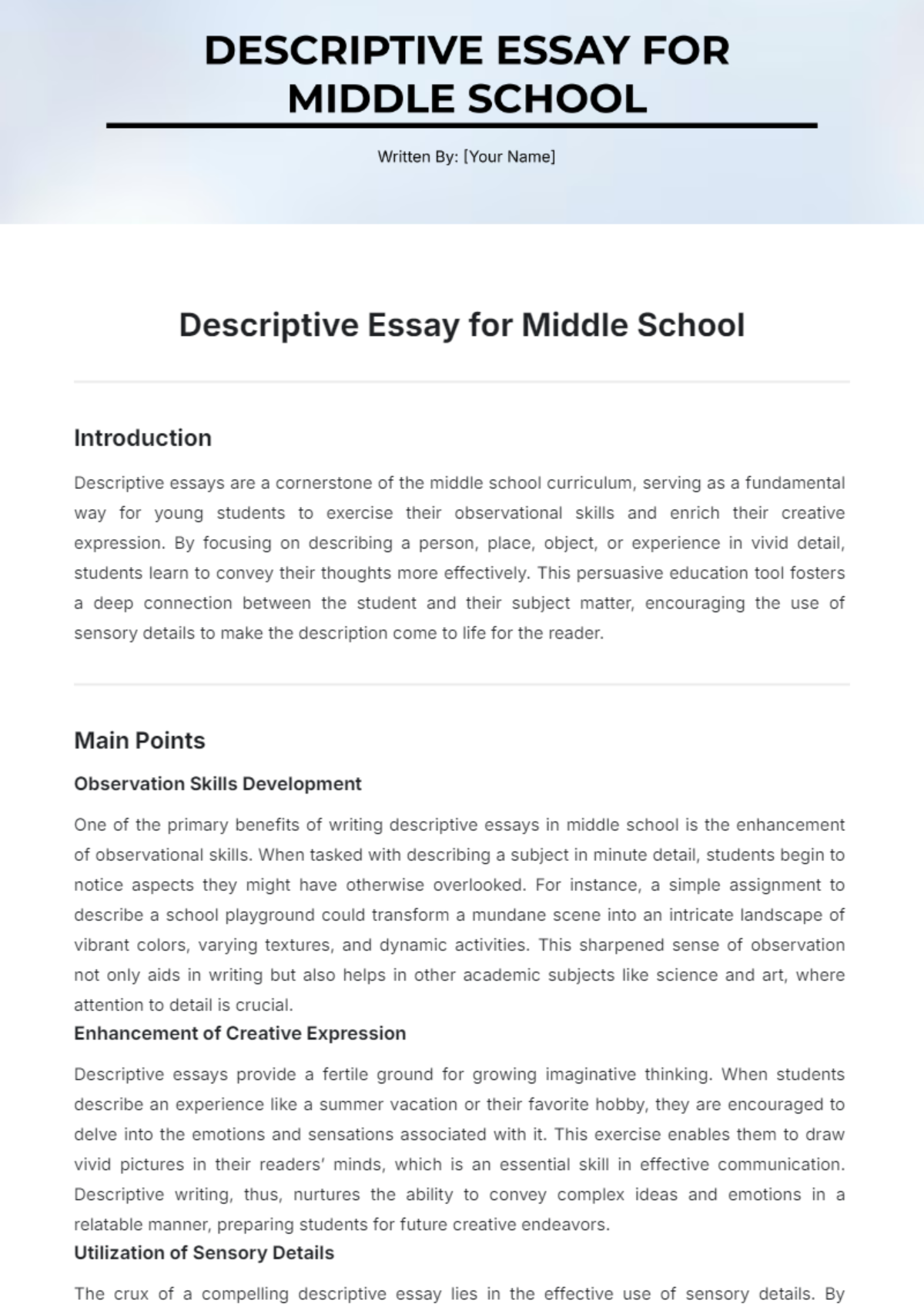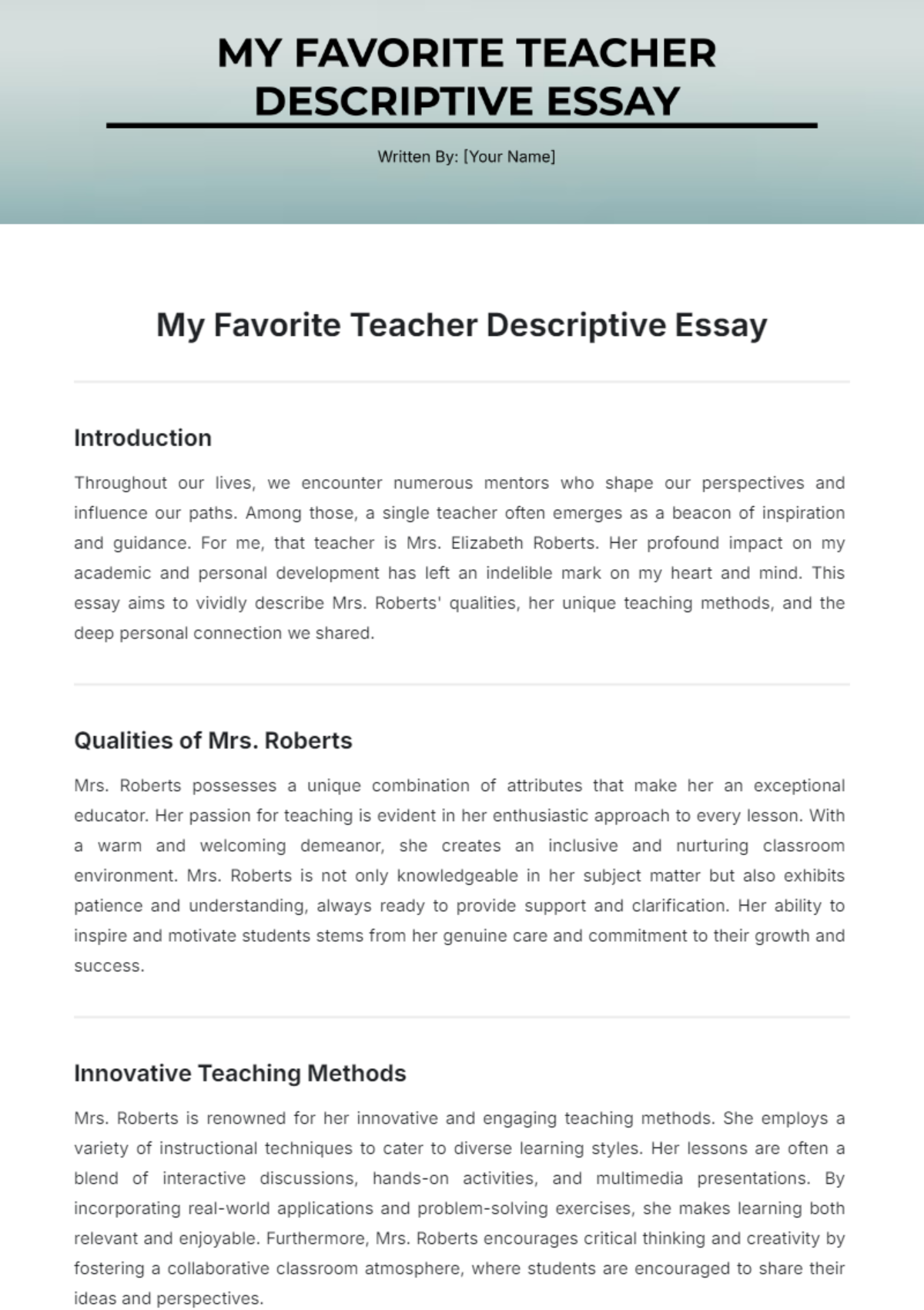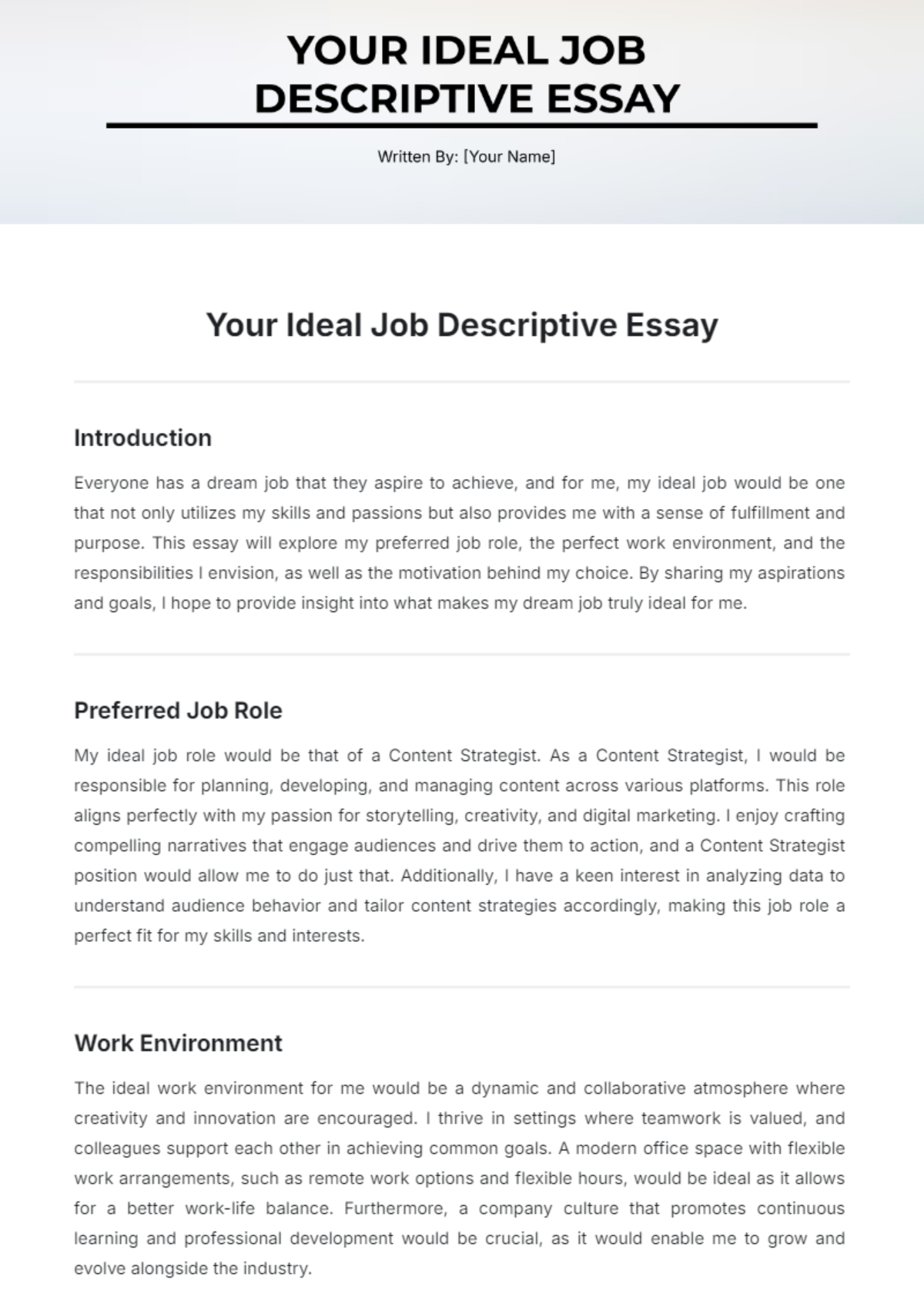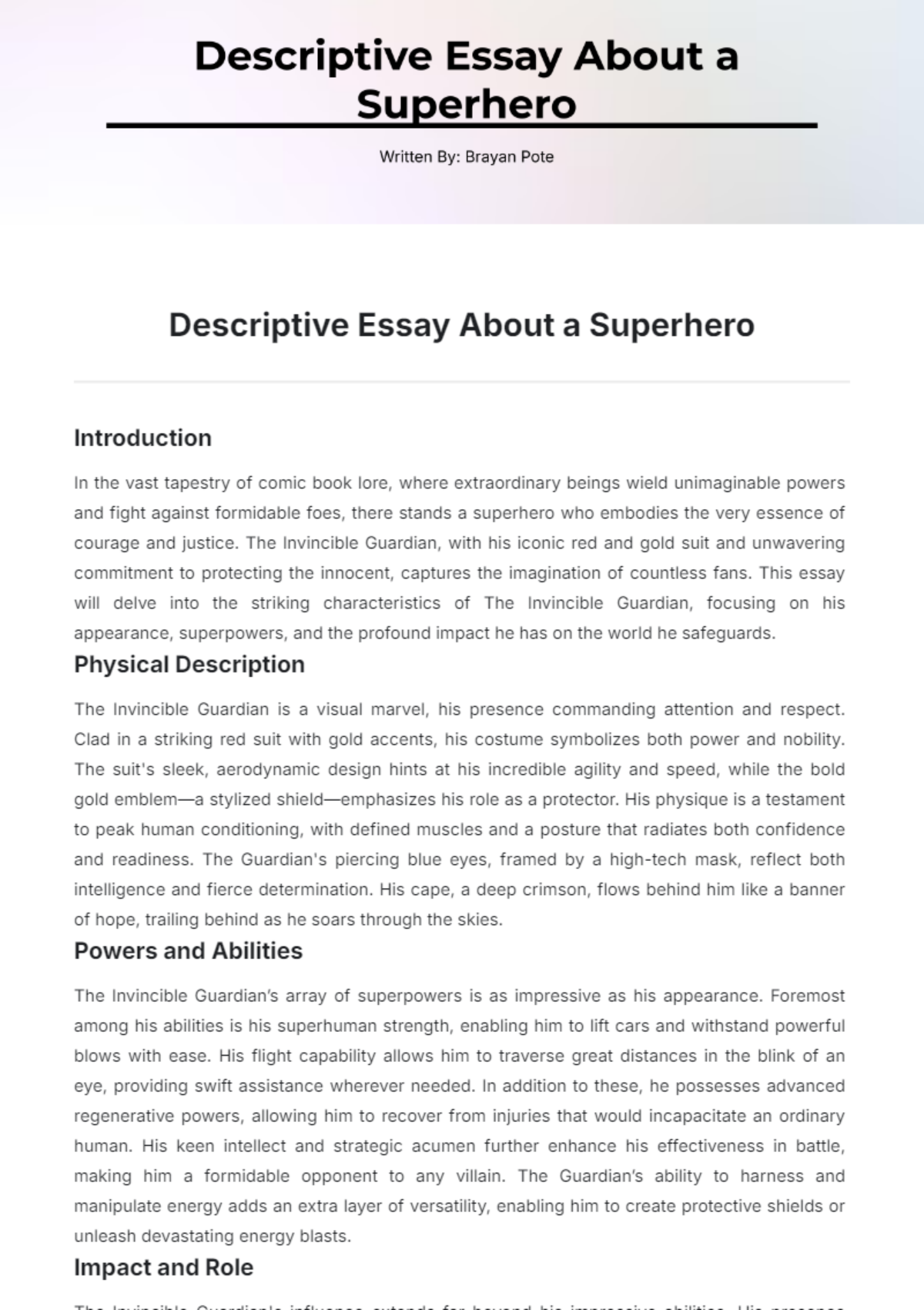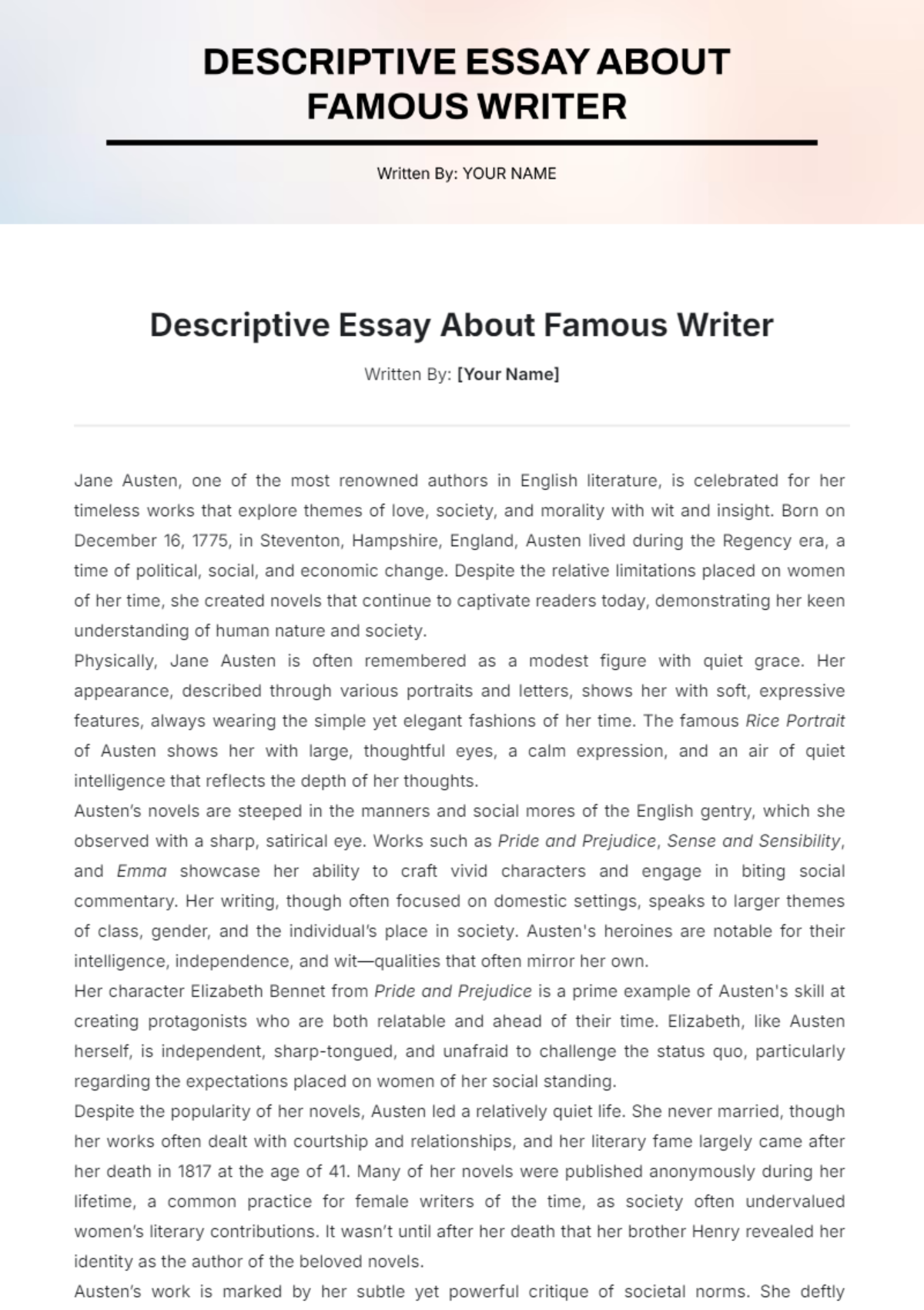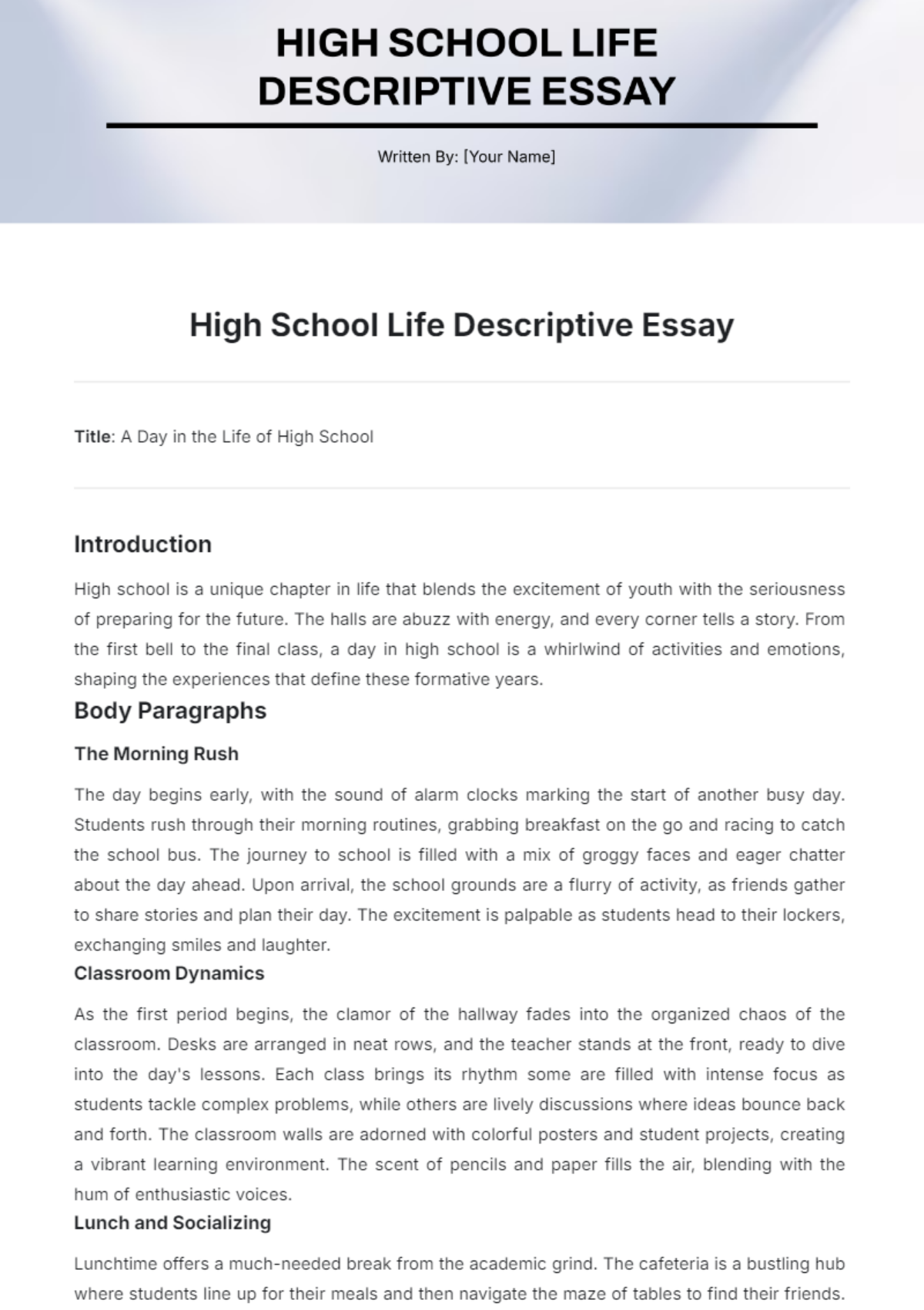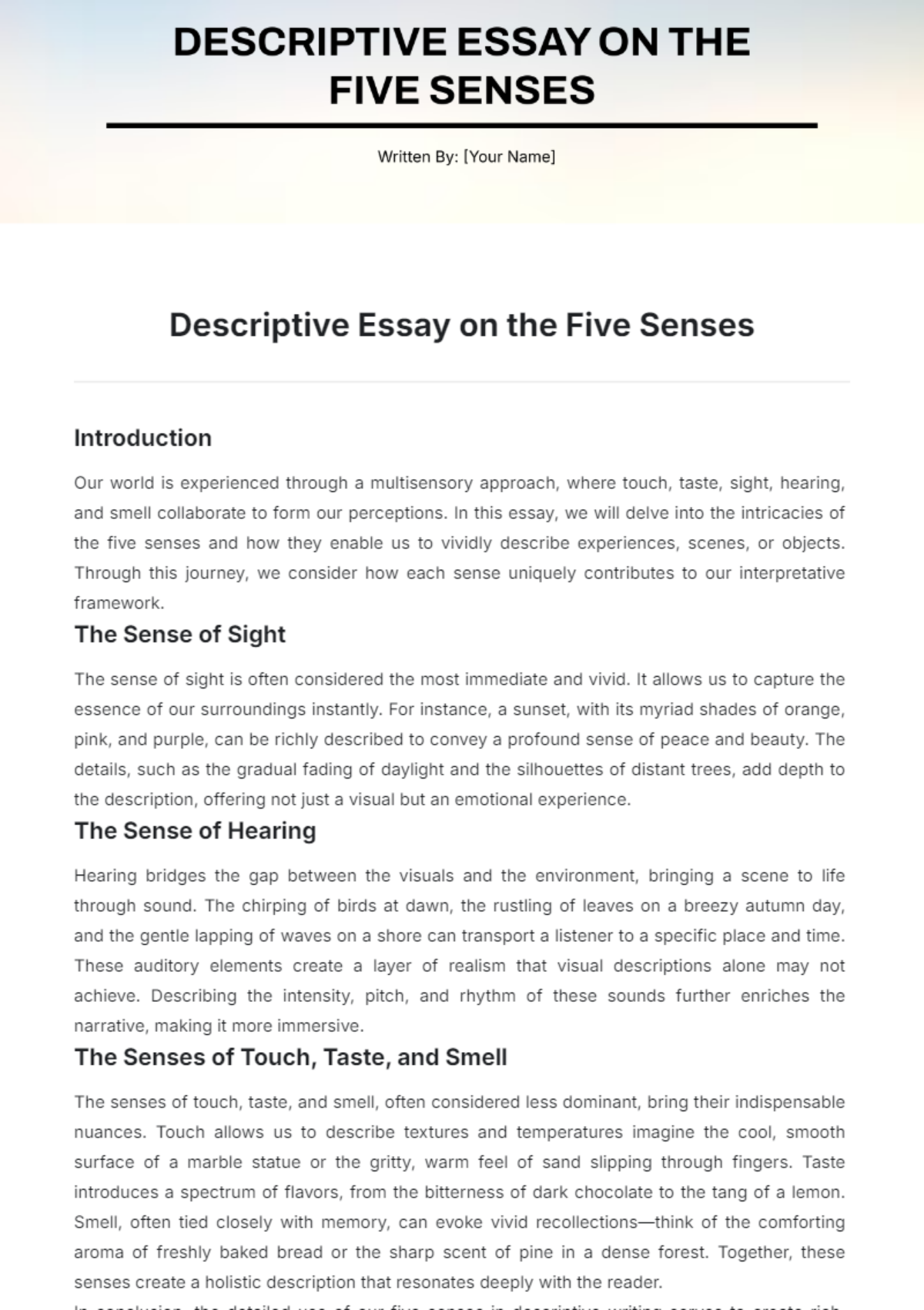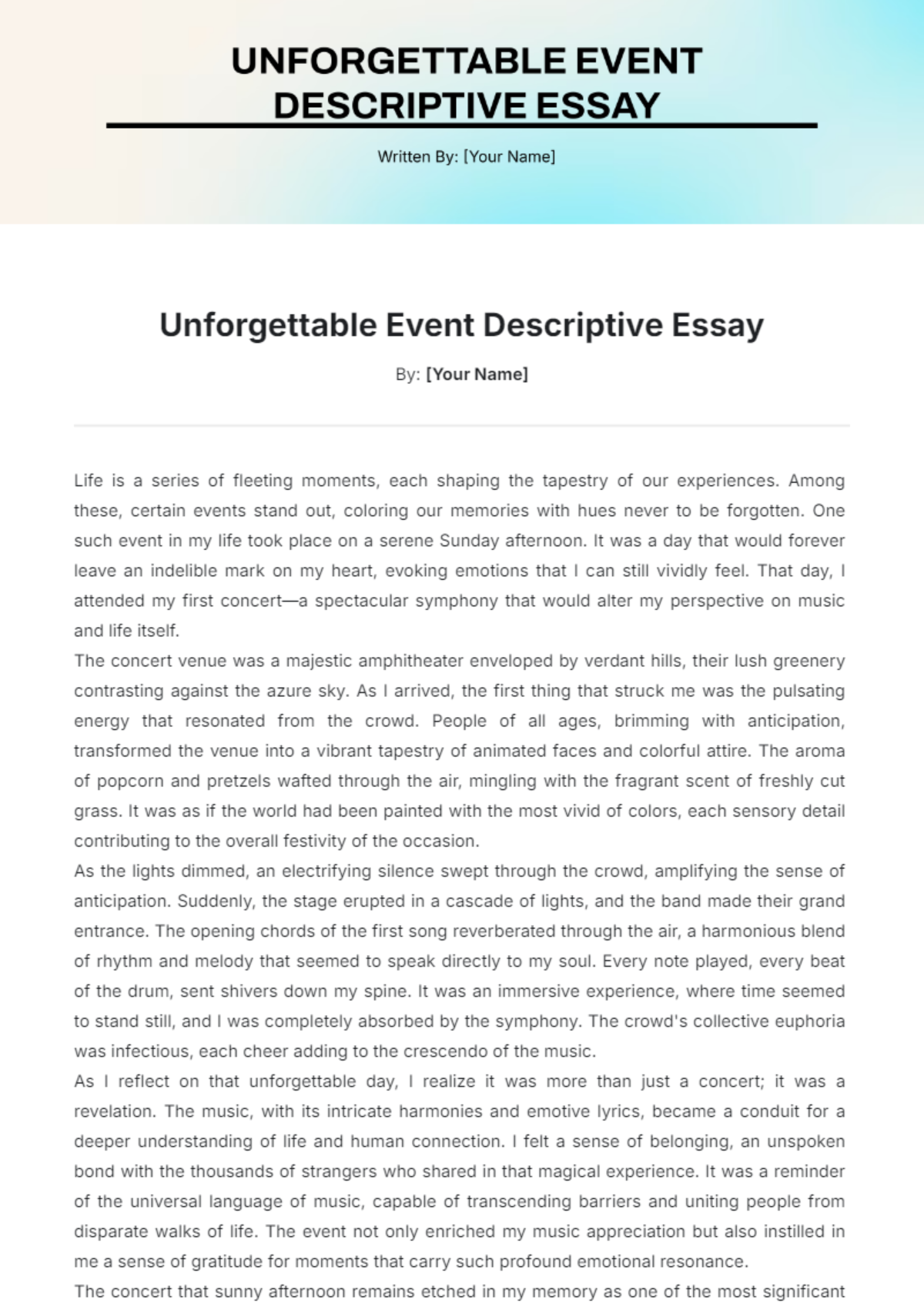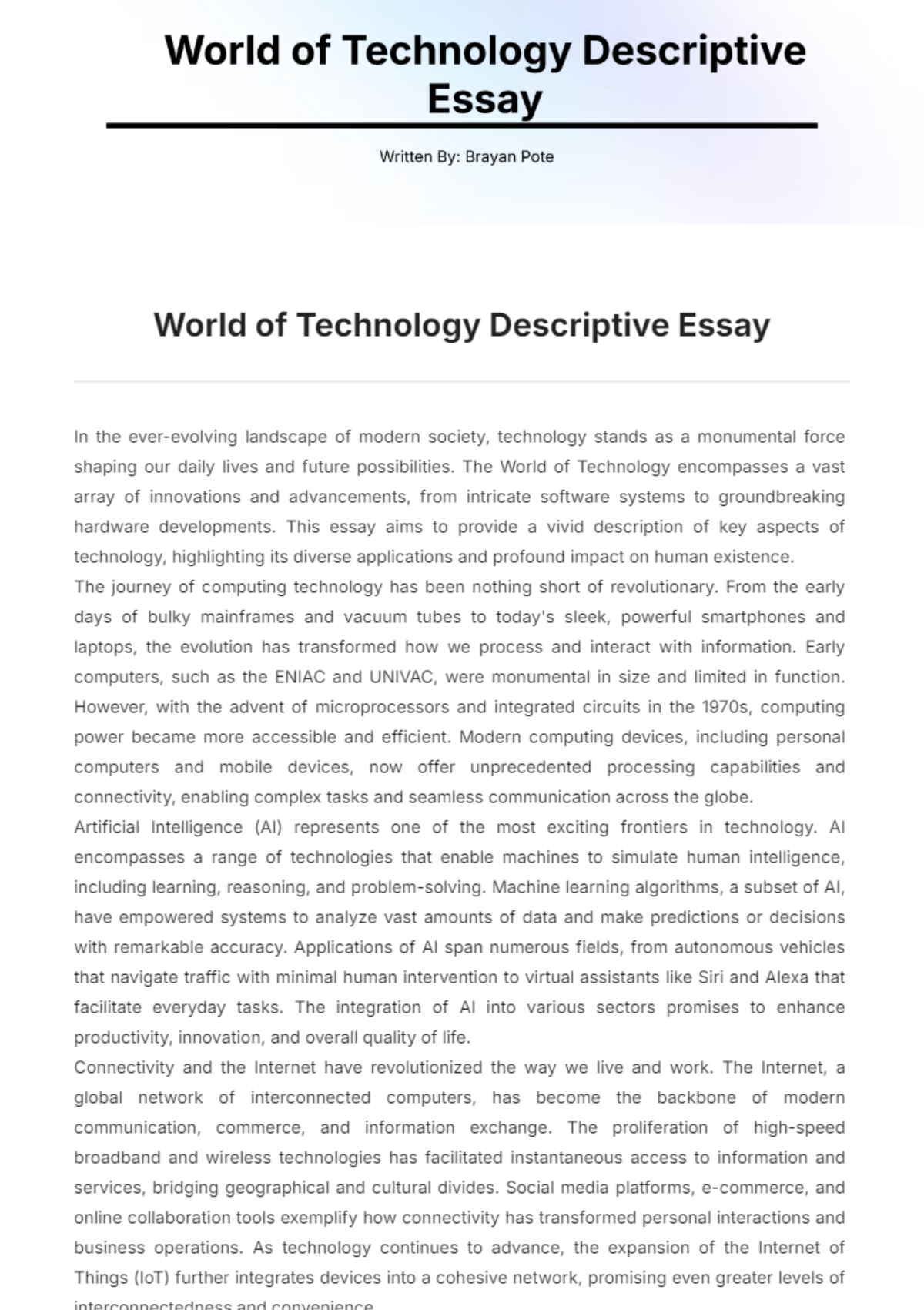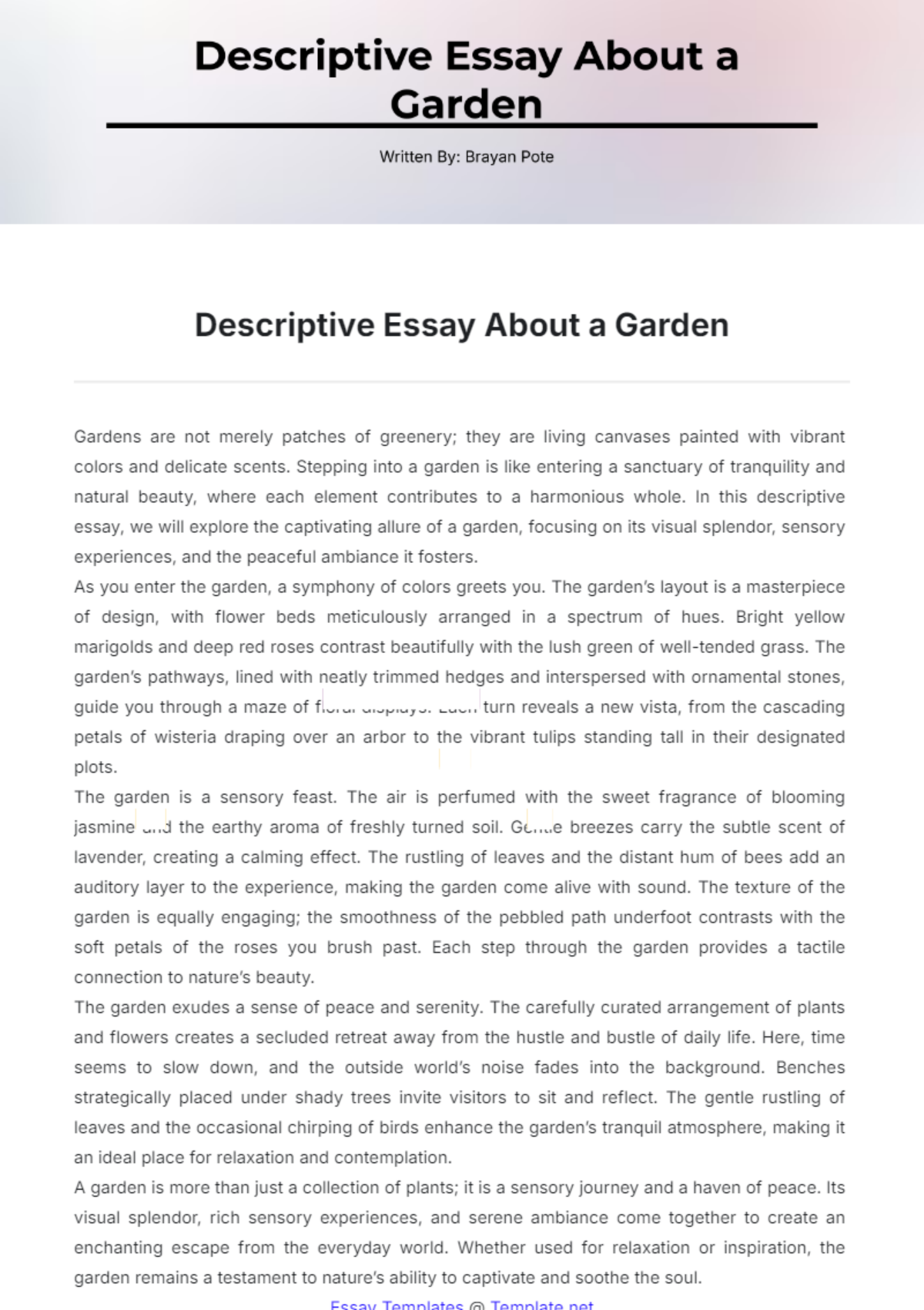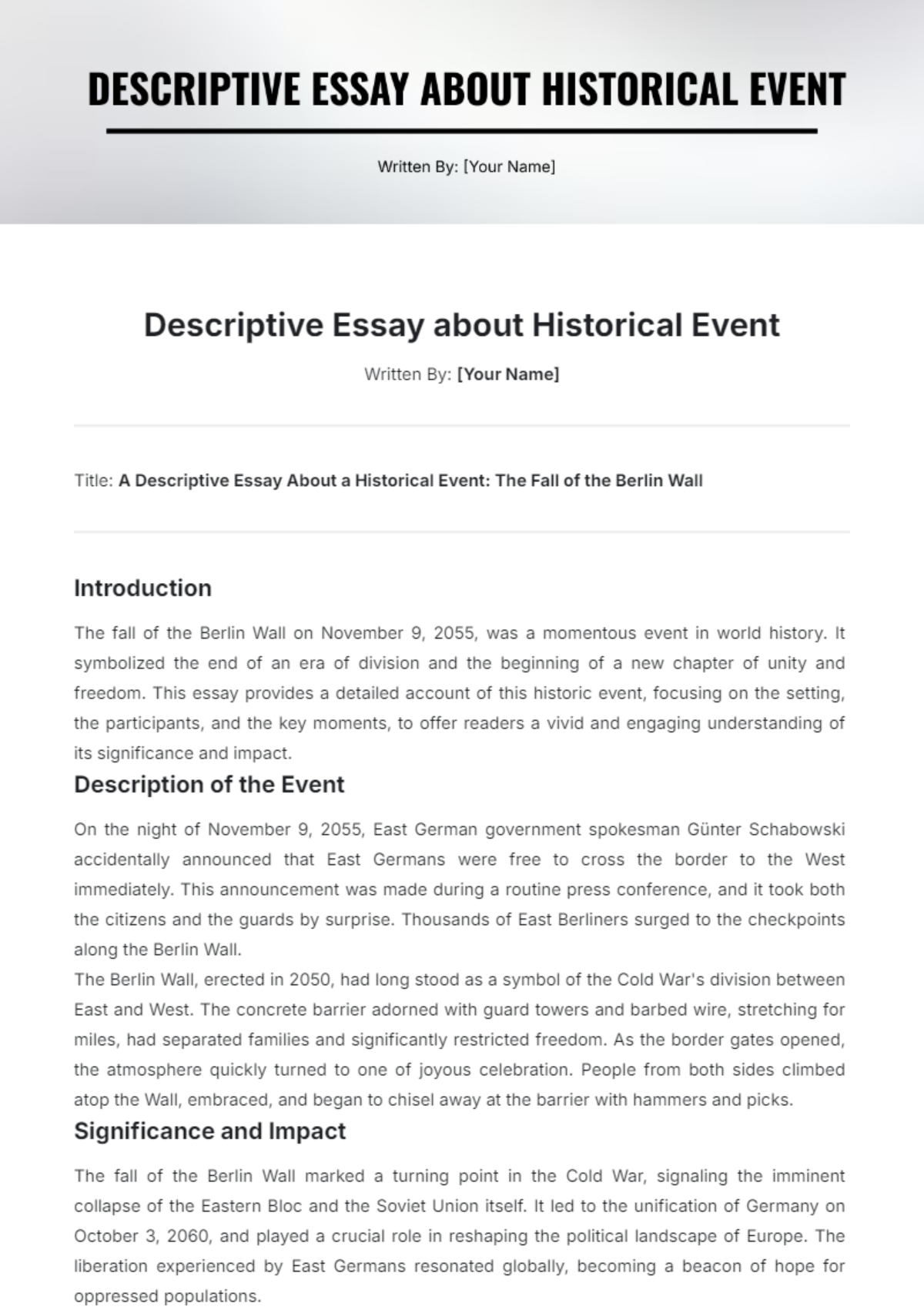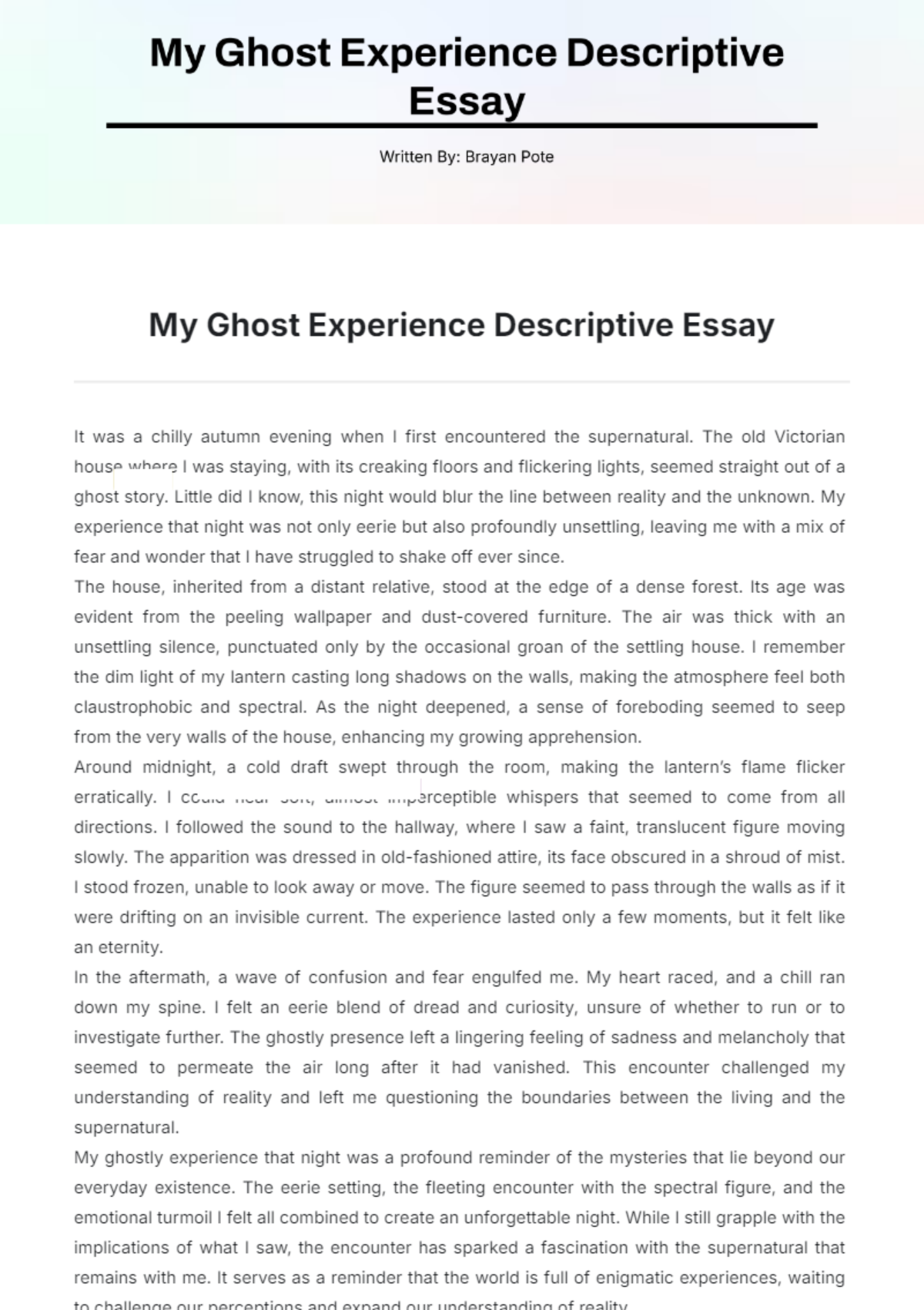Academic Syllabus Essay
By: [Your Name]
An academic syllabus is often perceived as a mere administrative document outlining the topics and assignments for a course. However, its role extends far beyond these basic functions. In the real world, the syllabus acts as a roadmap, a performance benchmark, and an accountability tool, all of which contribute to educational and professional success. This essay will explore the three main practical applications of an academic syllabus: planning and time management, transparency and accountability, and skill development and career readiness.
First and foremost, an academic syllabus serves as a vital tool for planning and time management. The detailed schedule of topics, readings, assignments, and exams allows students to allocate their time effectively. By clearly laying out what is expected and when it is due, a syllabus helps students manage their workload and prioritize tasks. In the professional world, this ability to plan and manage time is crucial. For example, project managers often rely on detailed project timelines to ensure that all aspects of a project are completed on time. Similarly, employees who can effectively manage their time are more productive and less likely to experience burnout.
Additionally, the syllabus promotes transparency and accountability, not only between instructors and students but also among peers. Clear guidelines, grading policies, and academic integrity statements ensure that students understand the standards and expectations from the outset. This level of transparency fosters a sense of accountability and fairness. In real-world scenarios, transparency and accountability are equally important. Companies with clear policies and transparent practices tend to have higher levels of employee satisfaction and trust. Accountability ensures that everyone is held to the same standards, creating a fair and equitable environment.
Lastly, an academic syllabus plays a critical role in skill development and career readiness. Many syllabi include learning objectives that outline the skills and knowledge students are expected to acquire. These objectives often align with industry standards and professional competencies. For instance, a syllabus for a marketing course might include objectives related to data analysis, strategic planning, and digital marketing—skills highly valued in the business world. Understanding these objectives helps students focus on developing relevant skills, making them more competitive in the job market. Moreover, the discipline required to follow a syllabus closely prepares students for the structured yet dynamic nature of the professional environment.
In conclusion, while often undervalued, an academic syllabus is a powerful tool that extends its utility well beyond the classroom. It aids in planning and time management, promotes transparency and accountability, and plays a crucial role in skill development and career readiness. Understanding and utilizing the syllabus effectively can significantly enhance both educational and professional success, proving its relevance in the real world.
